
Simone Tagliapietra
Simone Tagliapietra is a Senior fellow at Bruegel. He is also a Professor of EU Energy and Climate Policy at The Johns Hopkins University - School of Advanced International Studies (SAIS) Europe.
His research focuses on the EU climate and energy policy and on the political economy of global decarbonisation. With a record of numerous policy and scientific publications, also in leading journals such as Nature and Science, he is the author of Global Energy Fundamentals (Cambridge University Press, 2020) and co-author of The Macroeconomics of Decarbonisation (Cambridge University Press, 2024).
His columns and policy work are widely published and cited in leading international media such as the BBC, CNN, Financial Times, The New York Times, The Economist, The Guardian, The Wall Street Journal, Süddeutsche Zeitung, Frankfurter Allgemeine Zeitung, Corriere della Sera, Le Monde, El Pais, and several others.
Simone also is a Member of the Board of Directors of the Clean Air Task Force (CATF). He holds a PhD in Institutions and Policies from Università Cattolica del Sacro Cuore. Born in the Dolomites in 1988, he speaks Italian, English and French.
Disclaimer of external interests
Featured work

The macroeconomics of decarbonisation
At this event we will launch the book "The Macroeconomics of Decarbonisation: Implications and Policies"
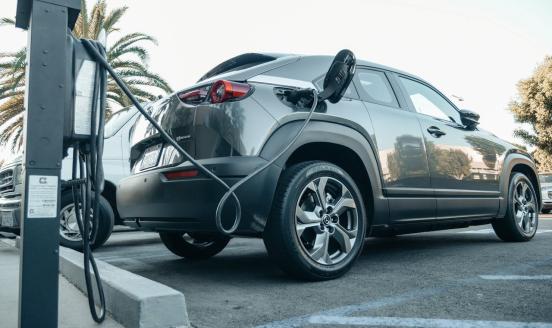
A smart industrial policy to fast-charge Europe’s electric vehicles revolution

The Letta report: an assessment of the energy proposals
The report has the potential to substantially impact the European Union's strategic agenda from 2024-29

Europe's clean tech roll out: how to ensure an evidence-based green transition?
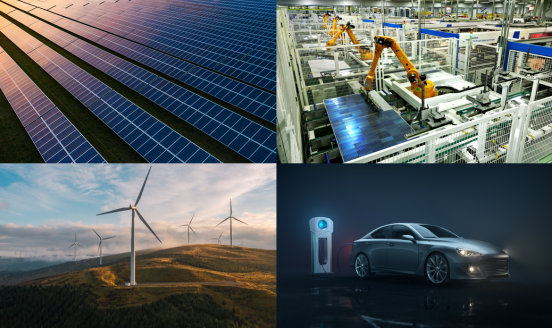
European clean tech tracker
This tracker provides an overview of the main innovation, manufacturing and deployment trends in clean tech in Europe
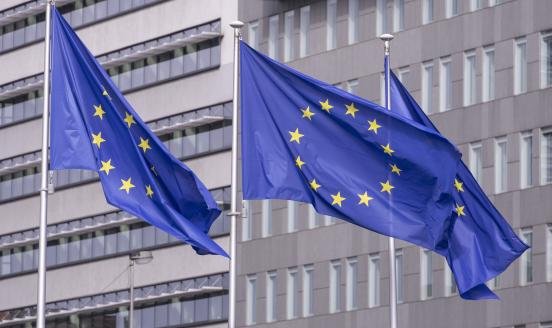
How Should Europe Think About Economic Security?
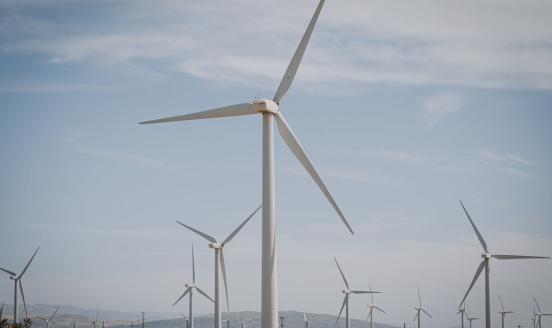
Green Industrial Policy in Europe: Past, Present, and Prospects
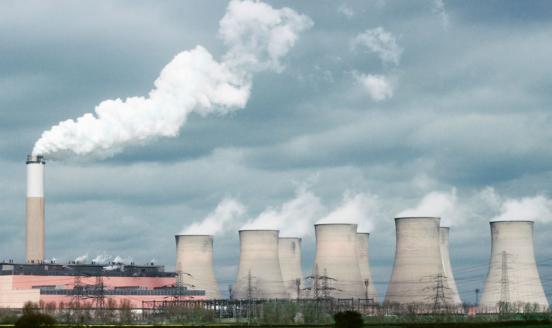
The European Union-Russia energy divorce: state of play
EU-Russia energy trade has fallen hugely since Russia’s invasion of Ukraine, but the EU could still do more to reduce dependence

European Commission predicts skyrocketing demand for critical raw materials
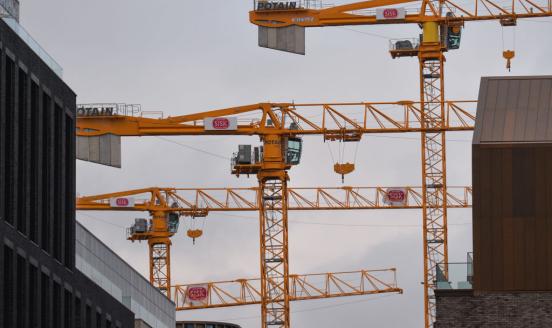
Guiding the EU’s quest for economic competitiveness
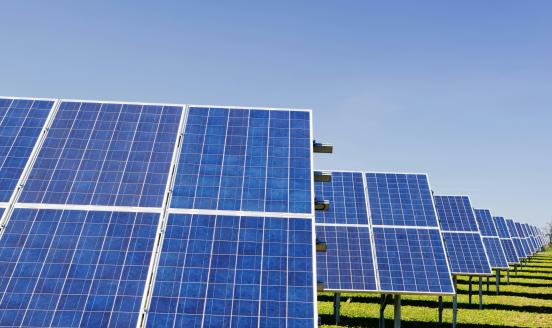
A smart solar strategy for Europe
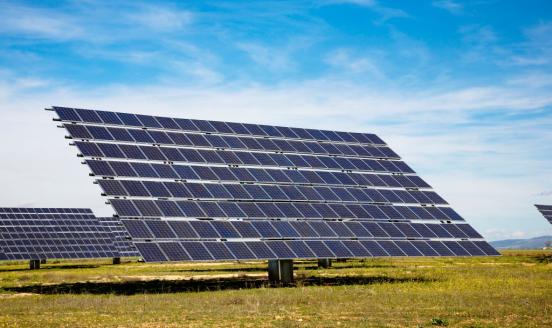
Smarter European Union industrial policy for solar panels
Accelerating solar deployment, stockpiling and diversifying imports would mitigate the threat to European economic security from solar PV imports
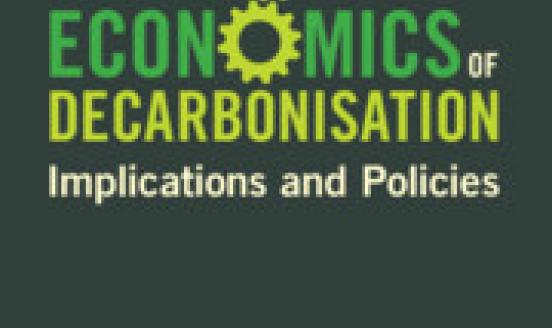
The Macroeconomics of Decarbonisation: Implications and Policies
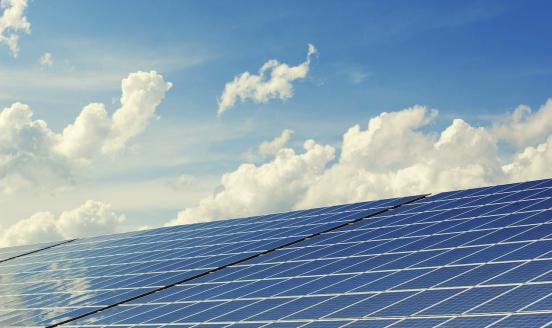
A smart solar strategy for Europe
Smart measures, not tariffs or blunt subsidies, should be deployed to strengthen Europe’s standing in solar power

Talks@Bruegel: Advancing decarbonisation through trade with Han-koo Yeo
At this event we will delve into advancing decarbonisation through trade.

EU competitiveness challenges during the green transition
A briefing given to the Eurogroup on 15 January 2024

What is the role of electricity policy in the EU's quest for economic competitiveness?

US and UK strikes in Yemen: implications for global energy markets
While trade disruptions arising from the conflict in the Red Sea are so far minimal, a further regional escalation could impact global energy prices.
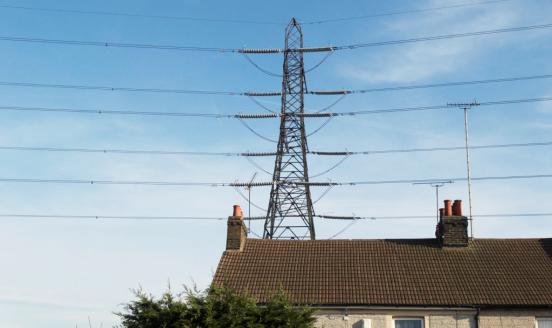
Electricity pricing is Europe’s hidden industrial policy

Europe’s under-the-radar industrial policy: intervention in electricity pricing
Government efforts to artificially lower electricity prices for one group of consumers will raise prices for others, with cross-border implications.

The European Union's Global Gateway: An institutional and economic overview
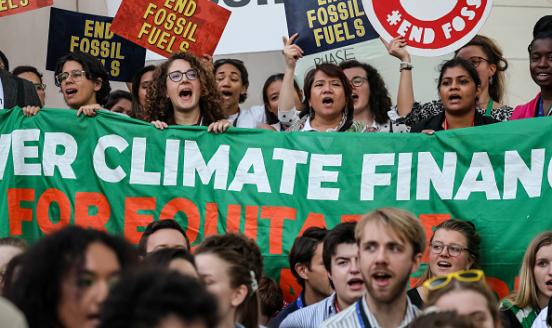
Europe’s time to lead on climate action
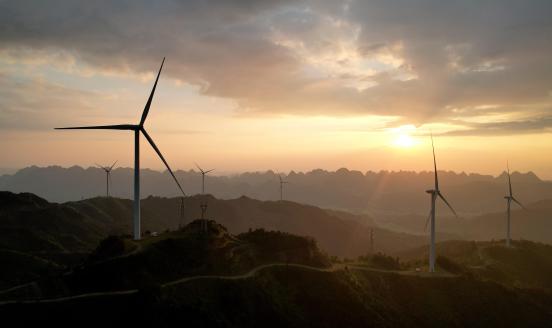
Investments in the sustainability transition: leveraging green industrial policy against emerging constraints
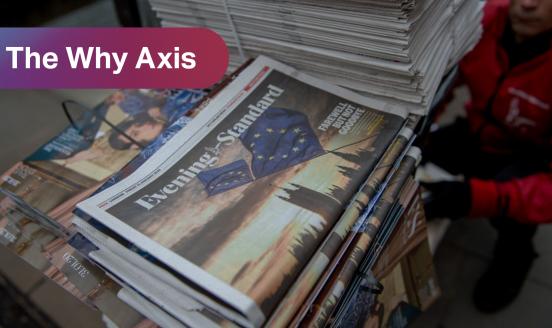
What decisions could indicate success at COP28?
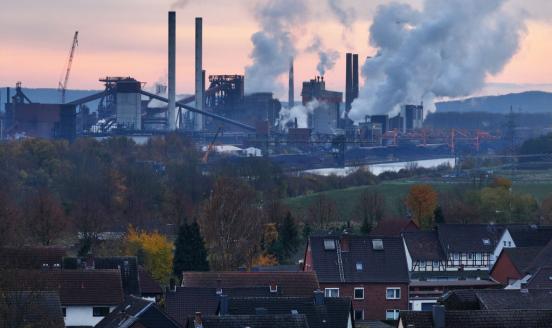
COP28: key issues at stake and indicators of success
COP28 must convey the importance to governments of better integrating climate considerations into financial decision-making.

How to de-risk dependence on China while decarbonising
How should the EU manage its dependence on China for clean tech?
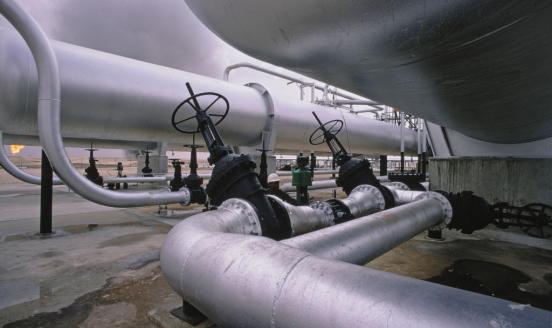
Israel-Hamas war: implications for gas markets
The conflict has already cut gas supplies to Israel and could start to have wider impacts by weighing on exports
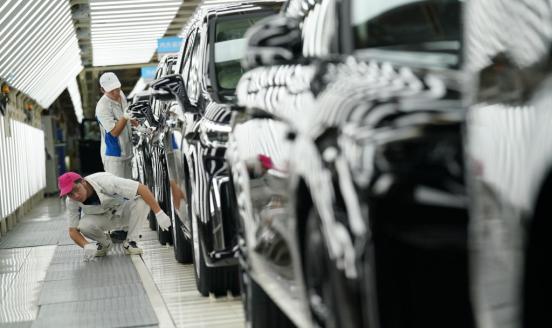
Europe and the US should work with China. Joint climate action could be a win-win
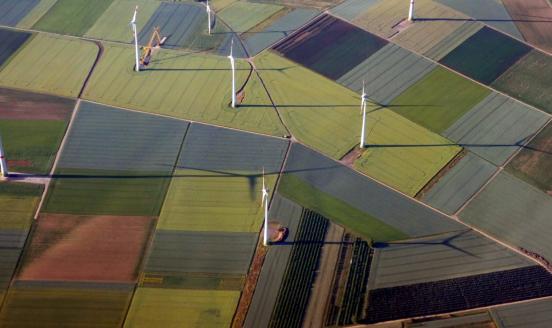
Developing a green industrial policy for the European Green Deal
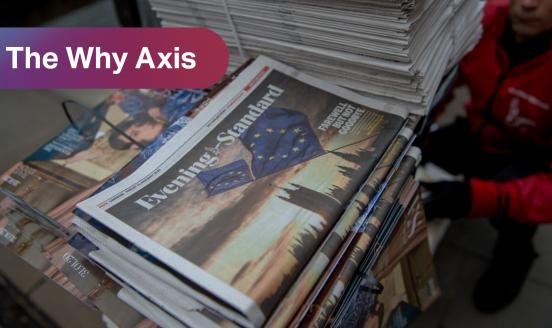
How worried does Europe need to be about the coming winter gas season?
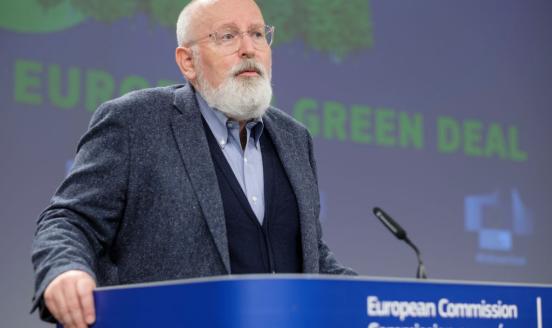
For a New Euro-Med Green Deal
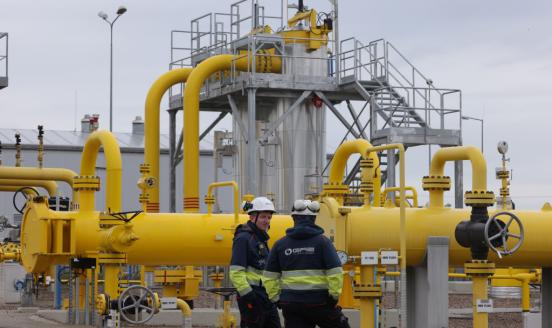
The European Union is ready for the 2023-24 winter gas season
Demand cuts, alternative supply and the green energy rollout mean the EU likely has enough gas for winter, even if Russian supplies are cut completely

Israel-Hamas war: implications for the global oil market
Fears of Iranian involvement in the Hamas attack could destabilise the global oil market
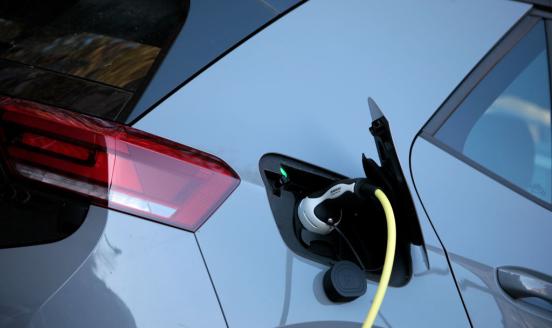
Making the most of Europe’s anti-subsidy probe into Chinese electric vehicles
The EU anti-subsidy investigation into EVs from China is a reminder of the need for a new EU green industrial policy strategy.
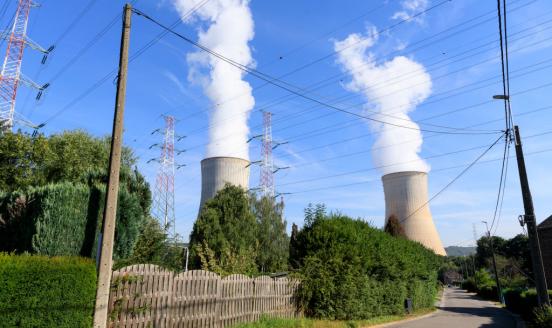
Europe must start preparing a new green investment plan
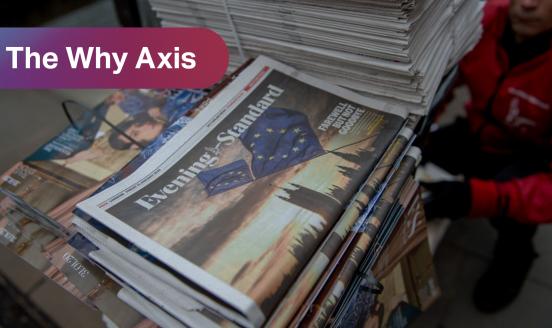
How can strong implementation tools enhance climate and energy governance?
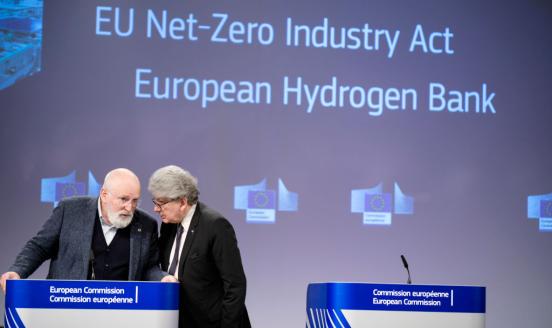
A new governance framework to safeguard the European Green Deal
This policy brief sets out policy proposals to enhance governance in order to safeguard EU decarbonisation.
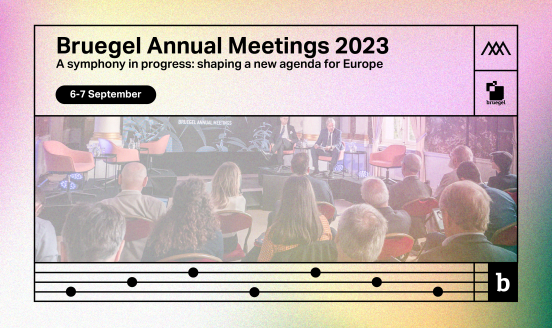
Bruegel Annual Meetings, 6-7 September 2023
A symphony in progress: shaping a new agenda for Europe
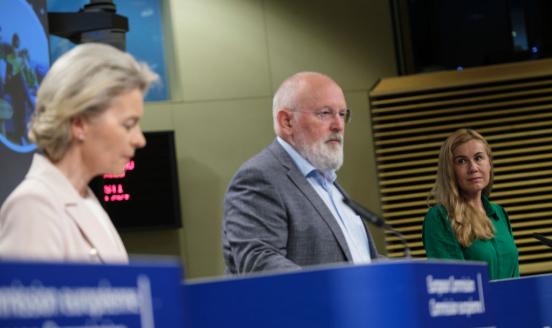
Europe’s green deal will need broad support to succeed
EU has embarked on no less than an industrial revolution. A revolution that — unlike those of the past — is set against a tight deadline.
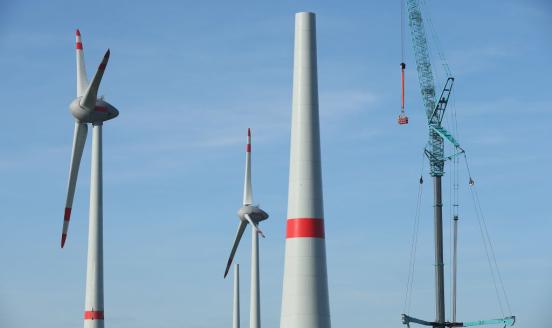
Sparking Europe’s new industrial revolution
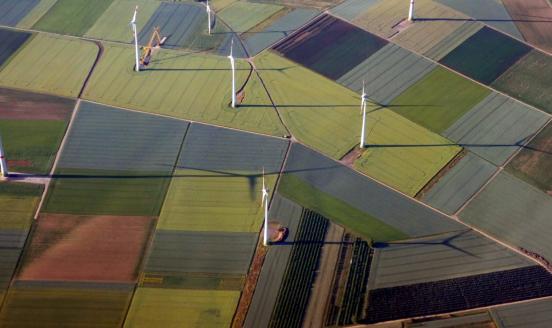
Green tech race? The US Inflation Reduction Act and the EU Net Zero Industry Act in The World Economy
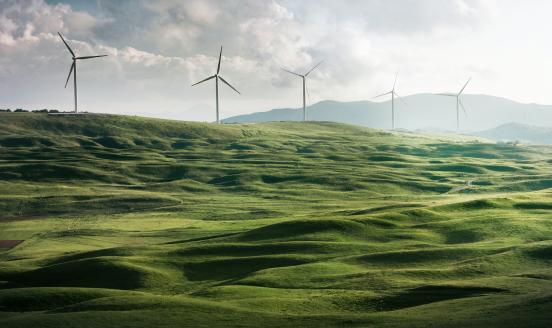
The Right Way to Intervene in Clean Tech
Policymakers must create the conditions for the public and private sectors to work together to manage a timely green transition.
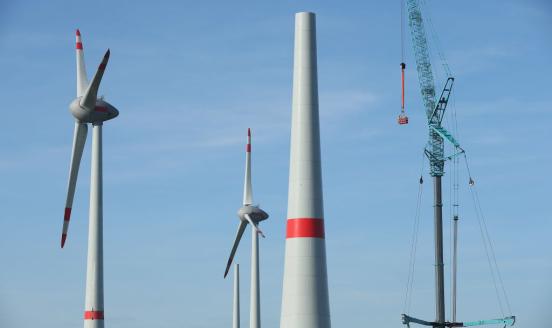
Driving Europe’s green industrial revolution
On-line only launch event for Bruegel Blueprint: Sparking Europe's new industrial revolution: a policy for net zero, growth and resilience

Sparking Europe’s new industrial revolution: A policy for net zero, growth and resilience
This book assesses what must be done to implement industrial policy in a way that will achieve overarching goals while minimising distortions.

Rebooting the Net Zero Industry Act
Testimony before the European Economic and Social Committee
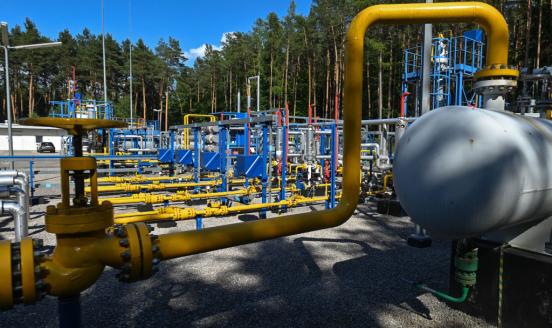
The EU can manage without Russian liquified natural gas
How can the European Union achieve its target of eliminating all Russian fossil-fuel imports by 2027?
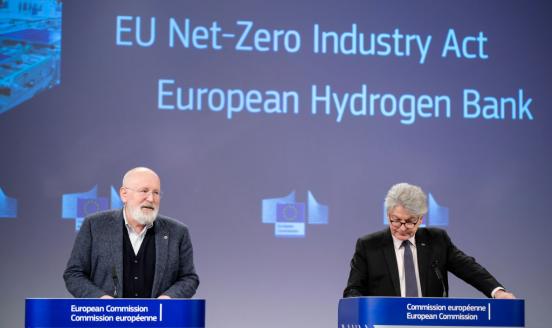
Rebooting the European Union’s Net-Zero Industry Act
The proposal for a Net Zero Industry Act still needs work before it can realize its objectives, according to a new paper by Bruegel.
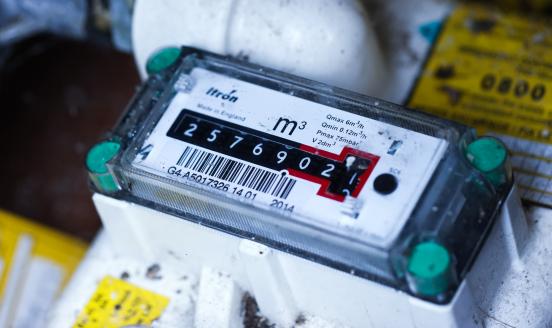
National fiscal policy responses to the energy crisis
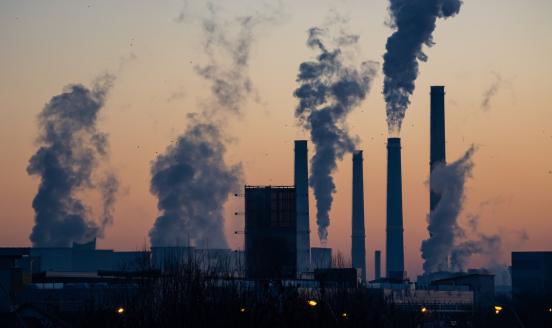
Rebooting the European Union’s Net Zero Industry Act
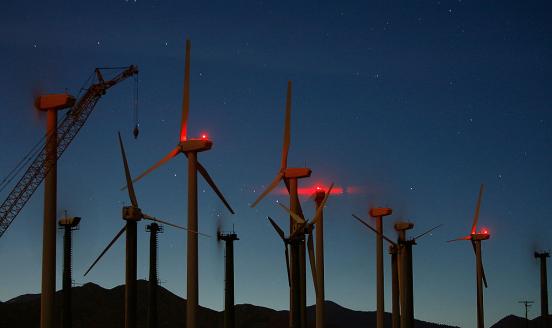
Net Zero Industry Act: is it fit for purpose?
Invitation-only event where we discuss NZIA and clean-tech investments in Europe.
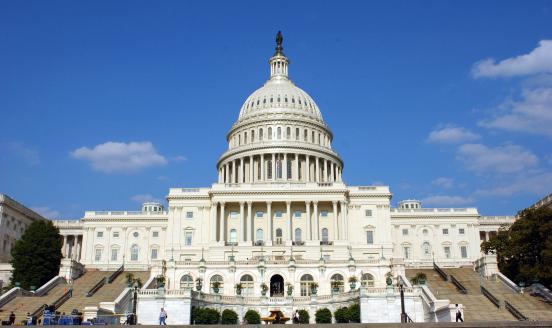
After the great energy crisis: Europe’s new landscape
Briefing to the US Senate Climate Change Task Force.
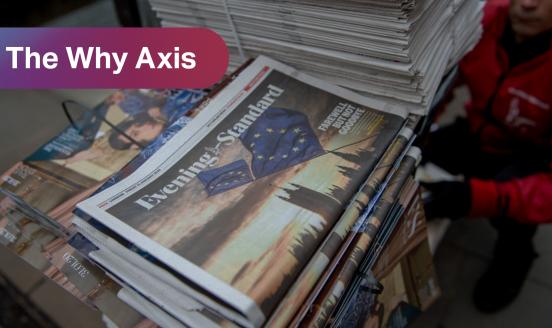
Russian LNG: what measures will help the EU kick the habit?
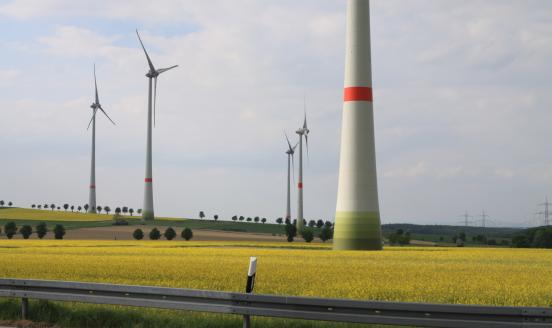
Net Zero Industry Act
Testimony before the S&D ITRE Working Group at the European Parliament.
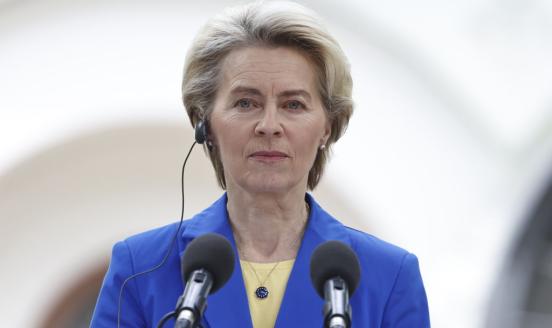
Europe’s critical struggle with its economic paradigm
As the European elections approach, the main policy choices are more existential than perhaps ever before.
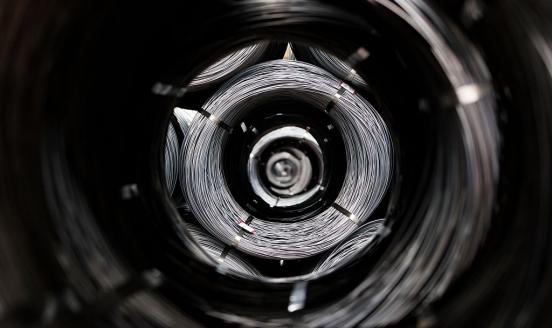
Adjusting to the energy shock: the right policies for European industry
In its industrial strategy response, the EU must ask if the energy-intensive parts of the value chain should be outsourced permanently.
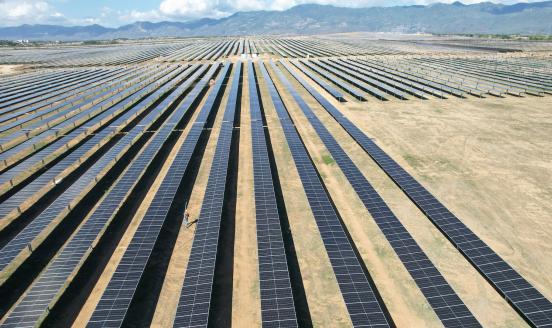
Cleantech manufacturing: where does Europe really stand?
A single European Union cleantech manufacturing capacity target should be based on an understanding of the situation in each cleantech sector
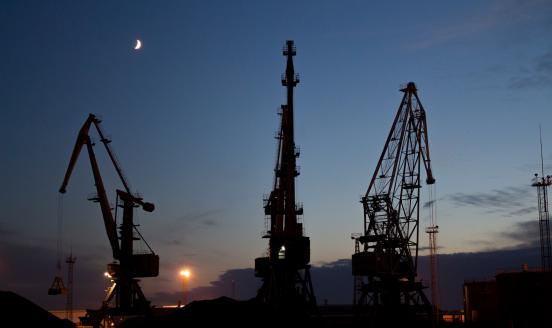
EU strategic autonomy and industrial policy
Testimony before the Committee on European Affairs at the French National Assembly.
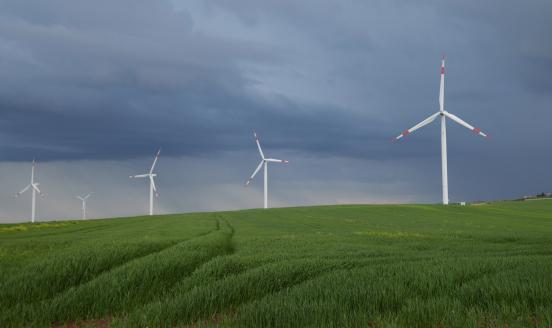
Green transition: create a European energy agency
As energy and climate economists, we propose that a European energy agency be set up to guide the continent’s transition to net-zero carbon by 2050.
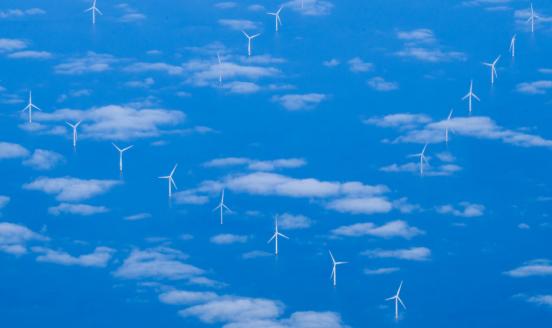
North Sea Summit: blowing in the wind?

Europe is out of the immediate energy crisis
The challenge now for policymakers and industry alike is to smoothly facilitate a transition toward structurally lower gas consumption.
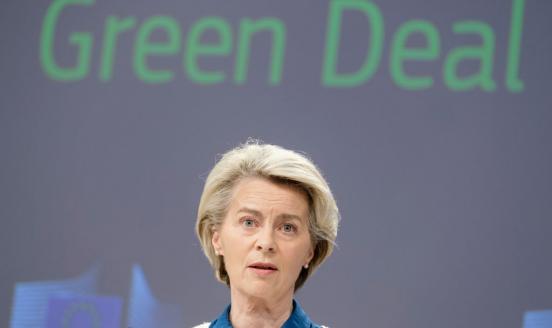
The EU Net Zero Industry Act and the risk of reviving past failures
How the EU might respond to clean tech subsidies, in the form of a leaked draft law entitled the Net Zero Industry Act (NZIA), is deeply worrisome.
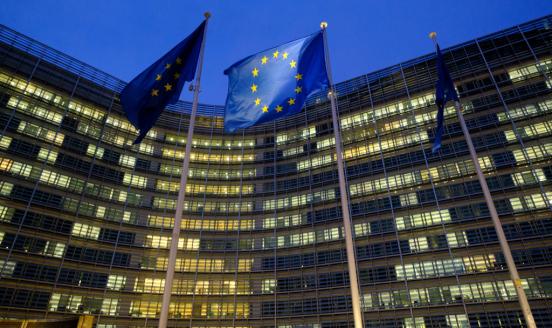
Economic efficiency versus geopolitical resilience: strategic autonomy’s difficult balancing act
A timely analysis on the notion of strategic autonomy in the EU's industrial policy.
Economic efficiency versus geopolitical resilience: strategic autonomy’s difficult balancing act
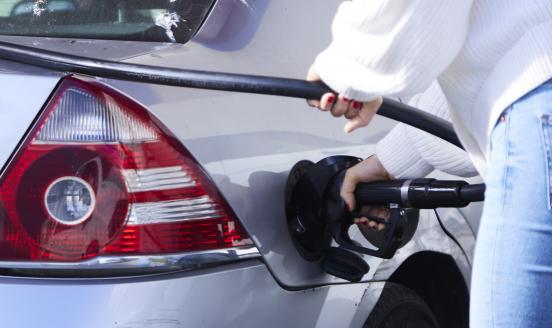
The fiscal side of Europe’s energy crisis: the facts, problems and prospects
Europe needs to move beyond emergency fiscal responses and focus on structural changes to allow the EU to accelerate its decoupling from fossil fuels.
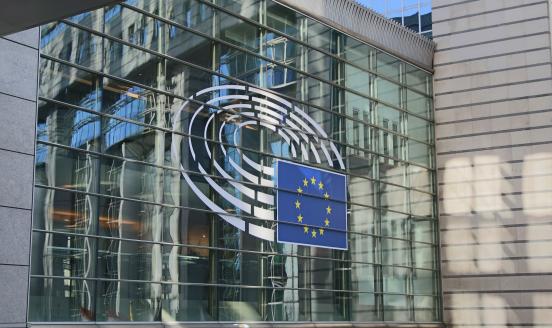
The fiscal side of Europe’s energy crisis
Testimony before the Interparliamentary Committee on Economic and Monetary Affairs at the European Parliament.
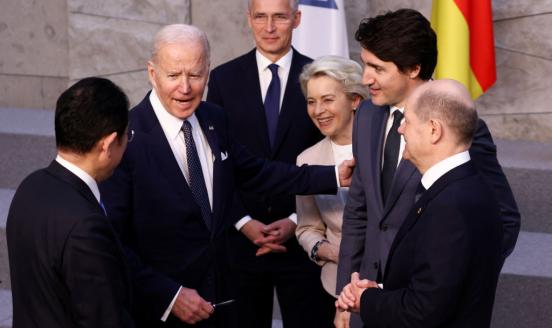
How Europe should answer the US Inflation Reduction Act
This policy brief explains what is in the IRA, the impact on the EU and other economies, and how the EU should react.
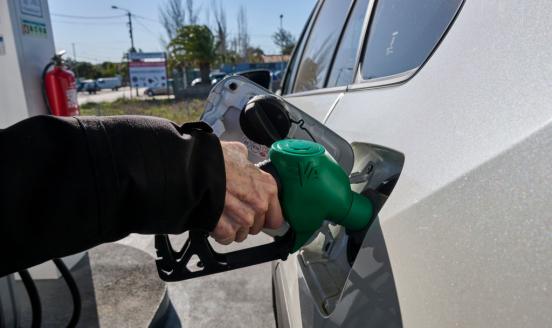
Europe’s half a million barrels per day diesel supply question
A new European Union embargo on Russian oil products should not affect EU diesel supplies and prices, but could encourage re-routing by Russia.
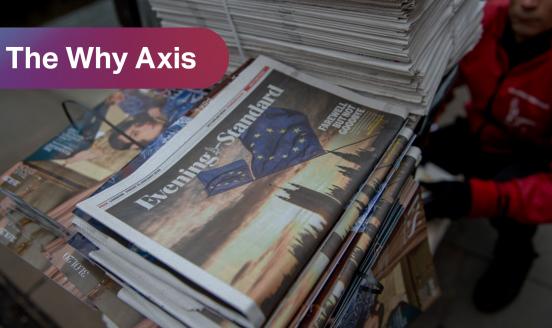
How can Europe prevent the next energy crisis?
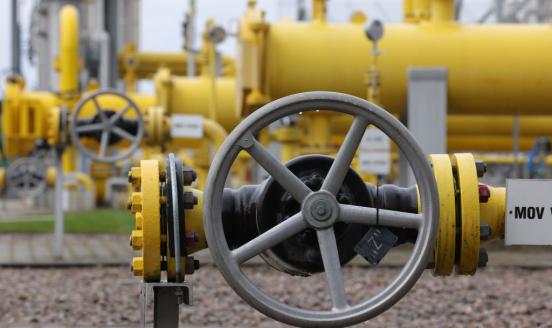
Preparing for the next winter: Europe’s gas outlook for 2023
We explore in detail the two pillars of energy security: LNG supply and the nature and volume of natural-gas demand reductions.

How would the European Union fare without Russian energy?
This contribution explores how Europe can manage without the imports of Russian coal, crude oil, oil products and natural gas.
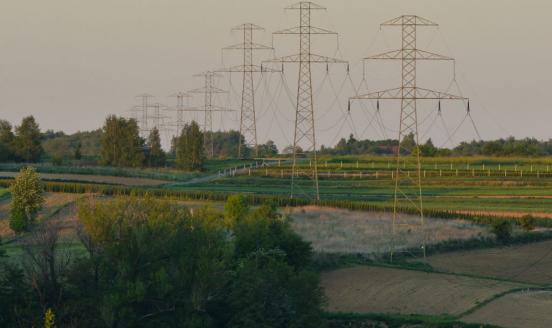
Energy crisis: five questions that must be answered in 2023
Here’s how researchers can help overcome the threats arising from market turmoil and geopolitical realignment after Russia’s invasion of Ukraine.
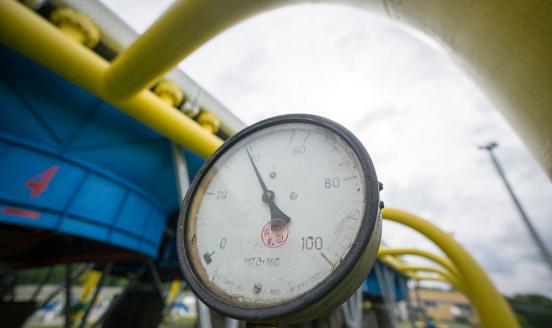
National energy policy responses to the energy crisis
Beating the European Energy Crisis
The EU needs a grand bargain that reduces demand, increases supply, and keeps energy markets open.

Will the European Union price cap on Russian oil work?
The G7 Russian oil price cap is an ambitious but untested instrument. While pitfalls exist, the cap has the potential to be the most potent sanction.
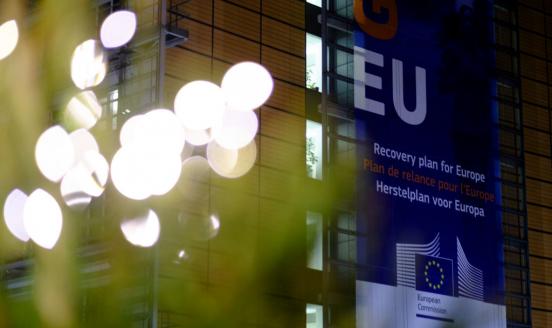
Europe’s Green Investment Requirements and the Role of NextGenerationEU
The EU countries’ priorities on climate and environmental spending, as reflected in the allocations of the Recovery and Resilience funds are assessed.

Europe must now strike a deal on energy prices
Europe must move beyond blocking agreement on a coordinated solution and undermining EU unity in the face of Russian aggression.
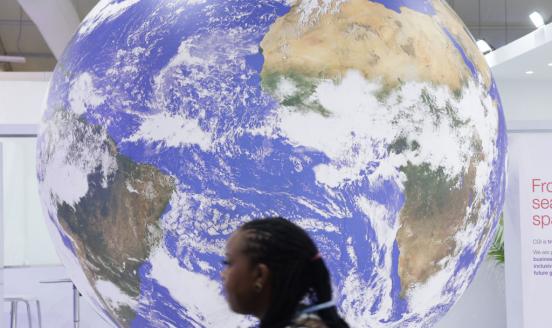
The Sound of Economics Live: Reflections on COP27
A special episode of the Sound of Economics Live exploring the key takeaways from COP27.
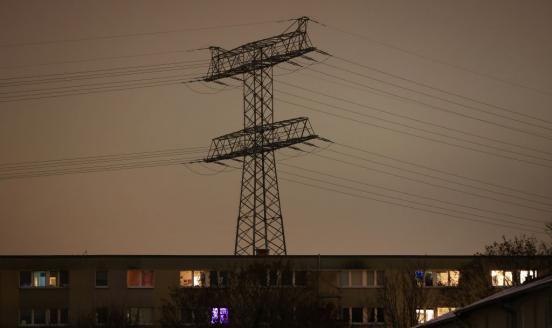
To cap or not to cap: the deal Europe needs on energy prices
An EU gas price cap would be counterproductive, but the reasons why it is supported widely must be acknowledged and addressed.
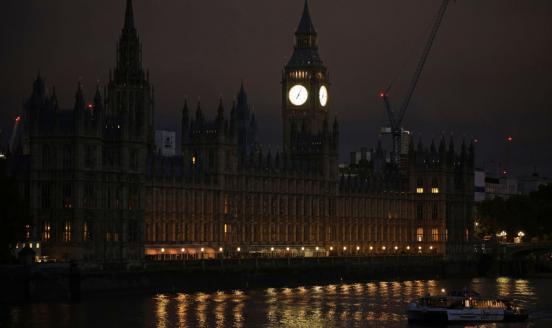
The European energy crisis and the future of the UK-EU relations in the field of energy and climate
Testimony before the European Affairs Committee at the House of Lords, UK Parliament.

Success at COP27 will be defined by progress on climate finance and ‘loss and damage’
COP27 should create the basis of a global loss-and-damage fund to help vulnerable countries already suffering from climate disasters.
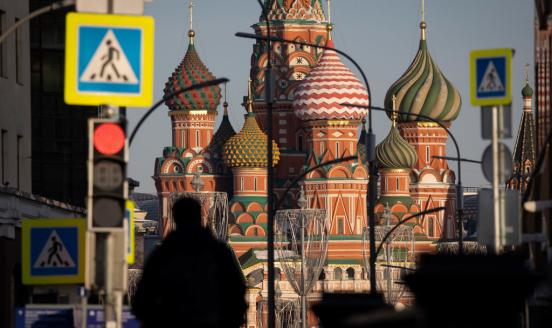
How have sanctions impacted Russia?
In this paper we assess both the immediate economic impact and the likely longer-term impact of sanctions on the Russian economy.

How European Union energy policies could mitigate the coming recession
The European Union faces recession, but the way in which policymakers manage the energy crisis will determine its depth and duration.
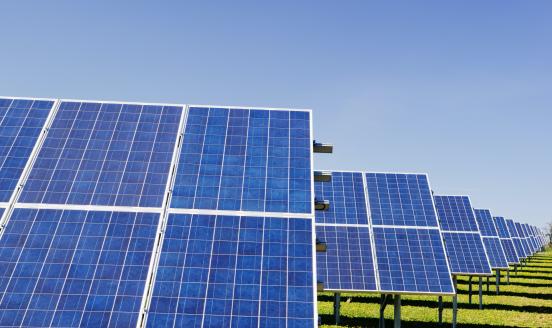
Europe’s Quest for Energy Security and the Renewed Case for a Strong Mediterranean Green Energy Partnership
IEMed Mediterranean Yearbook 2022
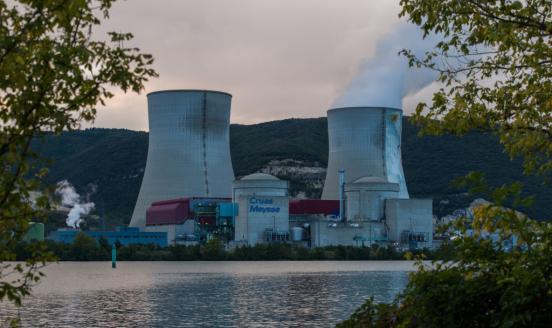
Small modular reactors: technology, policy, and economic prospects
At this closed-door event we will discuss the realistic deployment prospects for SMRs and their future in Europe's energy systems.
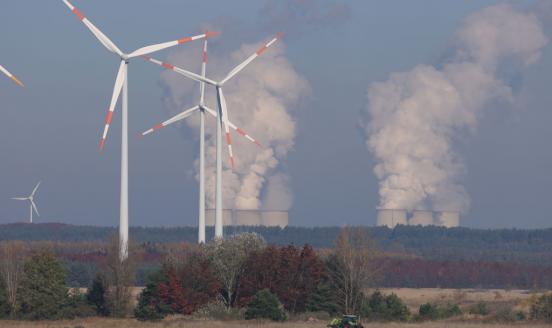
Does the European Union need an energy crisis fund?
An EU energy fund is justified, but for different reasons than commonly assumed, with implications for the fund’s design.
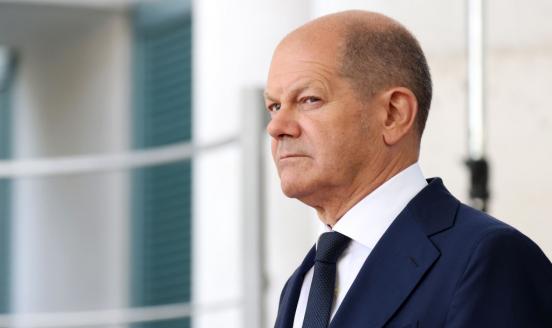
Germany’s gas-price ‘defence shield’: problems and redeeming features
The €200 billion “defence shield” risks undermining European solidarity. This could be avoided by designing it well.
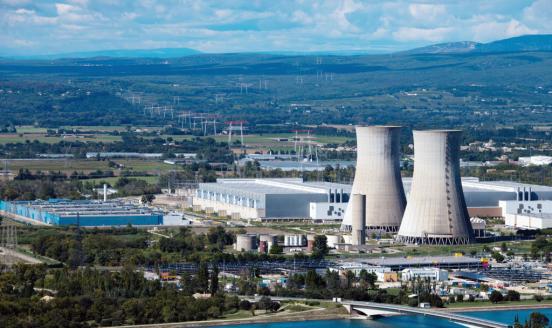
An assessment of Europe’s options for addressing the crisis in energy markets
Action to intervene in the gas and electricity wholesale markets is also being taken at European Union level, which is what we analyse in this paper.
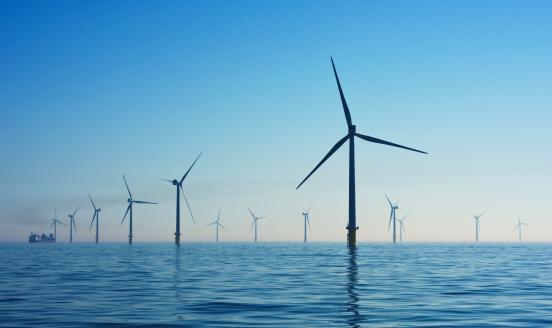
How Can the European Union Adapt to Climate Change?
Europe must increasingly deal with the harmful impacts of climate change, regardless of its success in reducing emissions.
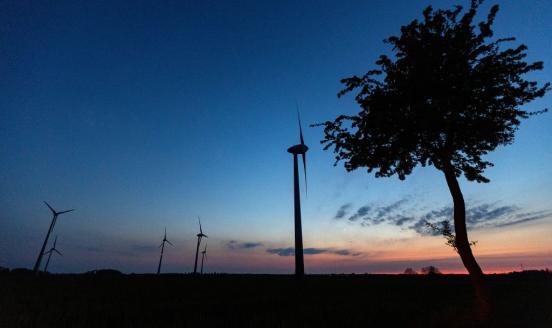
How can the European Union better adapt to climate change?
A stronger adaptation governance framework would benefit adaptation efforts.

Bruegel Annual Meetings, 6-7 September 2022
The Annual Meetings are Bruegel's flagship event which gathers high-level speakers to discuss the economic topics that affect Europe and the world.
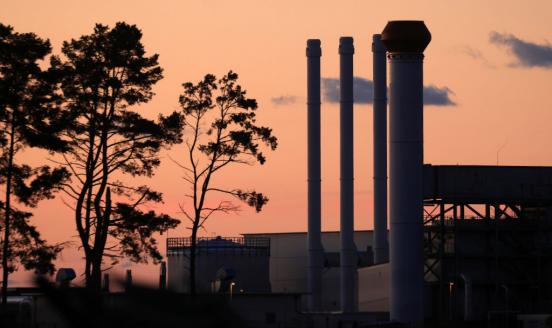
A grand bargain to steer through the European Union’s energy crisis
The current crisis looks set to leave behind it a radically different system, but what that system will look like remains an open question
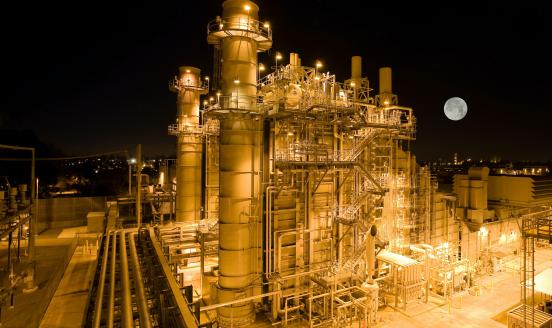
The grand energy bargain Europe needs to defeat Putin
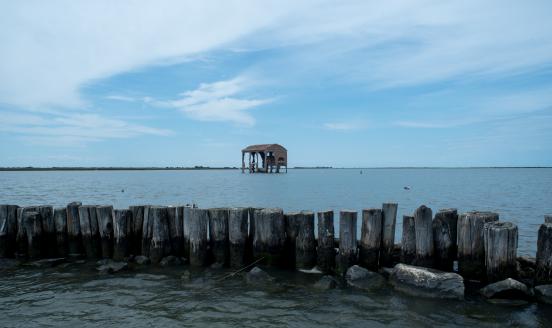
Climate club ‘green certificate’ would boost membership
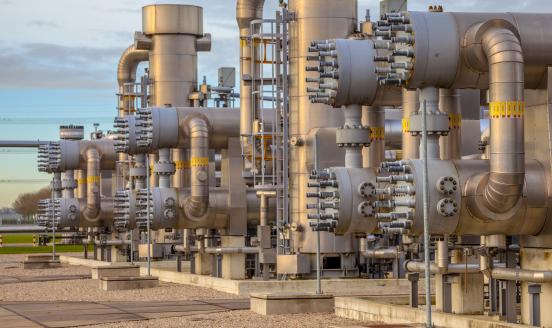
Europe Needs a Grand Bargain on Energy
Why a “Go It Alone” Approach Will Leave Countries in the Cold This Winter
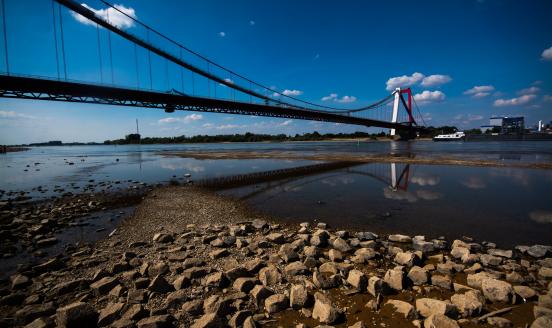
EU climate agenda is not at odds with energy security
In the coming weeks and months, Europe must deploy all available options to counter Putin’s energy blackmail.
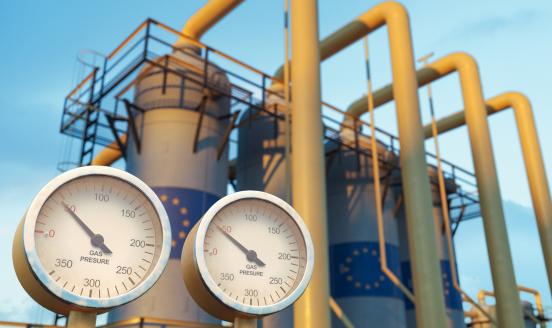
Europe needs energy solidarity — not a North-South rift
The bloc must urgently implement a compensation scheme to prevent Putin from dividing member countries.
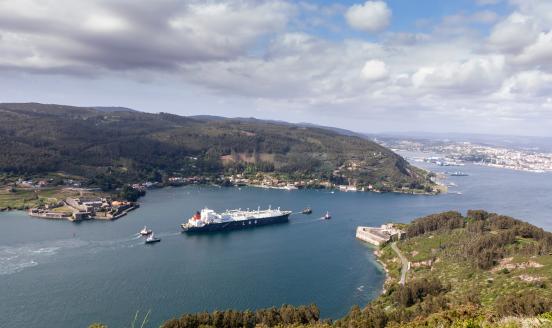
A Transatlantic Energy and Climate Pact Is Now More Necessary Than Ever
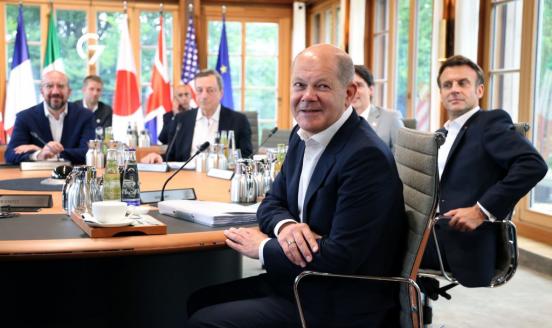
A possible G7 price cap on Russian oil: issues at stake
A price cap on Russian oil might improve the current western sanctions regime, but effectiveness will depend on the west’s willingness
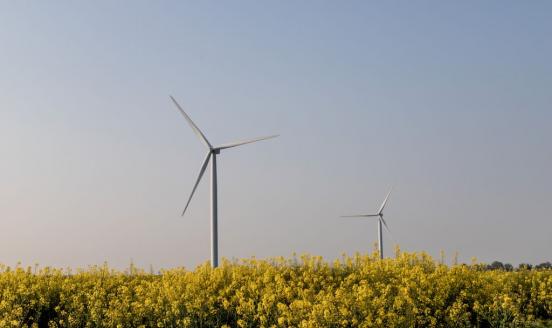
Scorching summers are becoming the new normal. Can Europe prepare itself?
As global average temperatures continue to rise beyond the current 1.2°C above pre-industrial averages, Europe is likely to warm even faster.
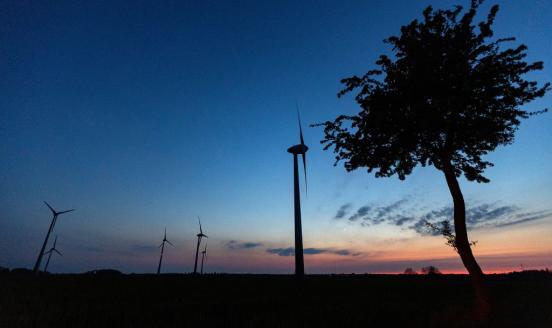
How can the European Union adapt to climate change?
A stronger adaptation governance framework would benefit adaptation efforts.
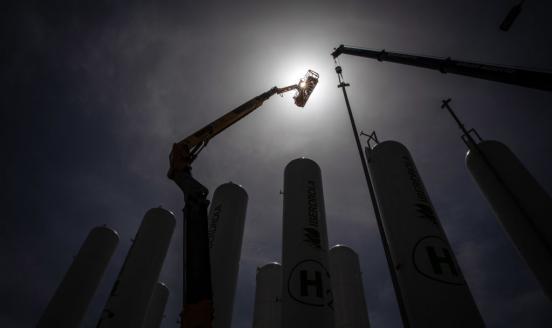
How to make the EU Energy Platform an effective emergency tool
The platform could become an effective emergency tool to safeguard Europe’s gas supply, but policymakers need to address challenges to make it work.
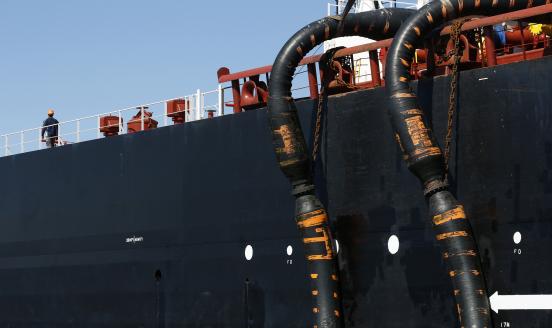
Europe’s Russian oil embargo: significant but not yet
The ban on most Russian oil significantly scales up the EU response to aggression against Ukraine, but the bloc should stand ready for retaliation.
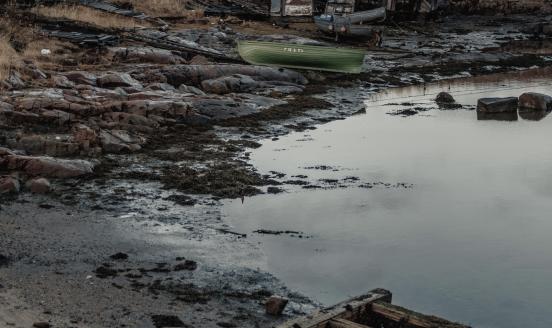
Economics of access to energy
This chapter discusses the key obstacles that have so far prevented 840 million people worldwide from gaining access to electricity.
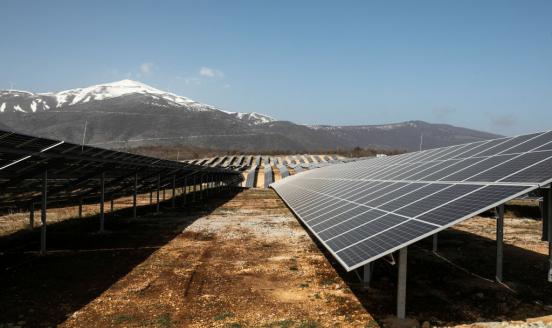
REPowerEU: will EU countries really make it work?
By acting together, the European Union can optimise its response to the energy crisis in all scenarios but each country will have to make concessions.
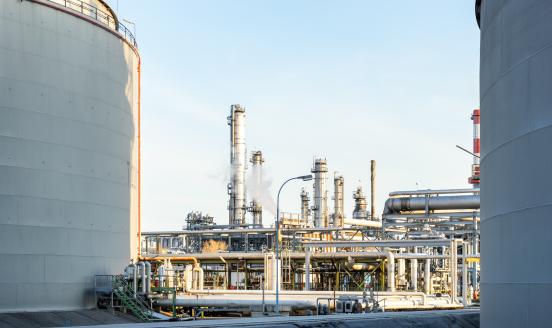
For Europe, an oil embargo is not the way to go
Even at this late hour, the European Union should consider taking a different path.

The Global Quest for Green Growth: An Economic Policy Perspective
A review on green growth and degrowth arguments.
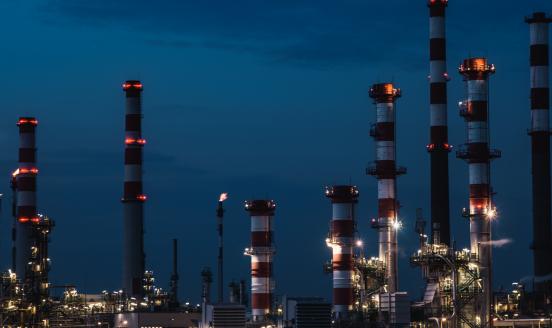
How to weaken Russian oil and gas strength
Letter published in Science.
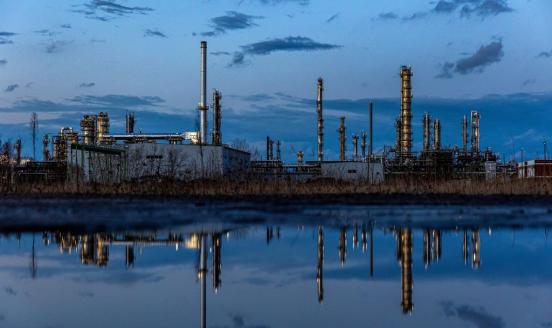
A phase out of Russian oil may be less effective than a tariff at reducing Putin’s rents
A punitive tariff on all energy imports from Russia would be a better choice than a gradually phased-in embargo on selected fuels.
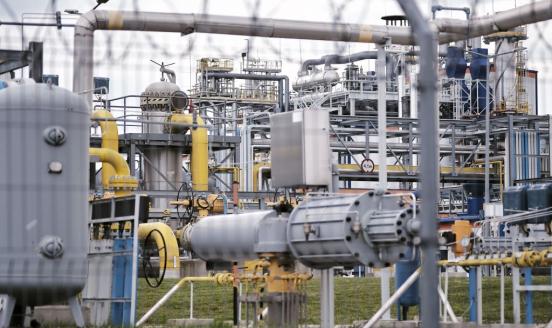
Europe must get serious about cutting oil and gas use
As energy security risks increase, European governments must stop subsidising oil and gas, and ask people to consume less.
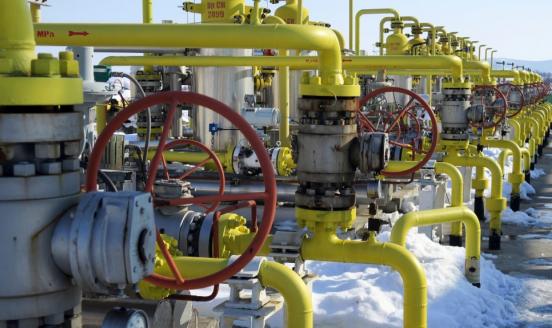
EU risks letting Putin’s gas divide-and-rule strategy win
The 2 May meeting of EU energy ministers should deliver strong and common EU action. Failing to do so would undermine Europe’s unity, energy security
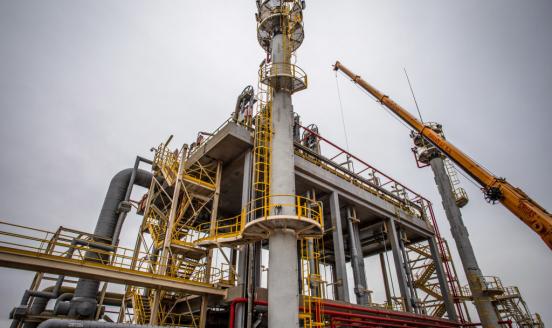
Cutting Putin’s energy rent: ‘smart sanctioning’ Russian oil and gas
Infrastructure bottlenecks prevent Russia from selling all the oil it wants to bring to market, even at lower prices.

Green public procurement: A neglected tool in the European Green Deal toolbox?
A new EU regulatory action in public procurement could unlock the potential of green public procurement and add an important element to the European G
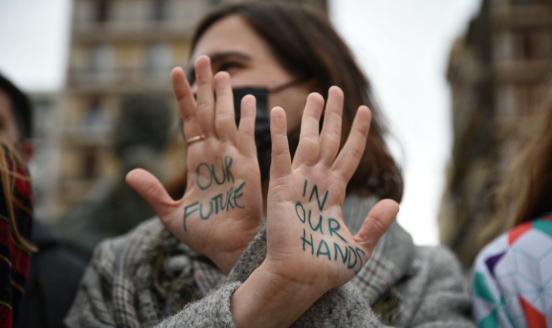
Climate migration: what do we really know?
While uncertain, studies suggest that climate change will cause significant internal and international migration over the next century.
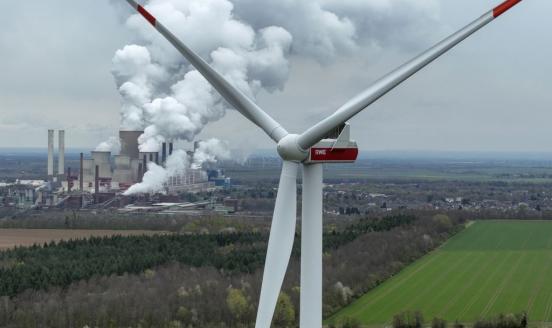
Cutting Putin’s energy rent: ‘smart sanctioning’ Russian oil and gas
Three ways Europe could limit Russian oil and gas revenues.
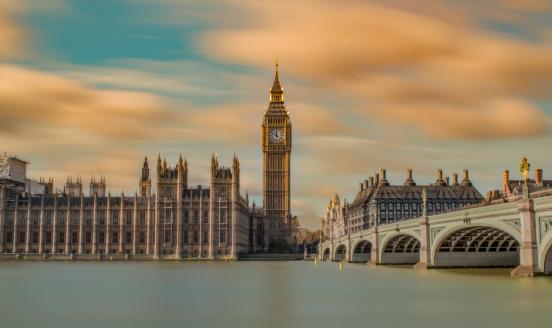
UK energy supply and investment
Testimony before the Economic Affairs Committee at the House of Lords, UK Parliament.
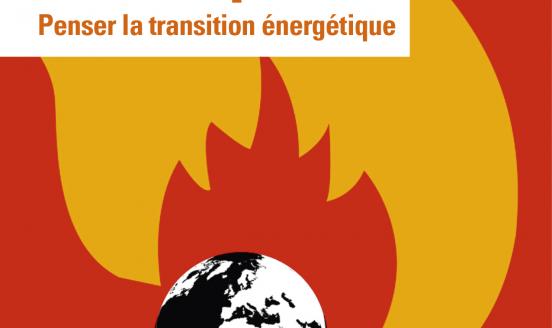
Dans l’urgence climatique
Book published by Gallimard and overseen by Groupe d’études géopolitiques (GEG)
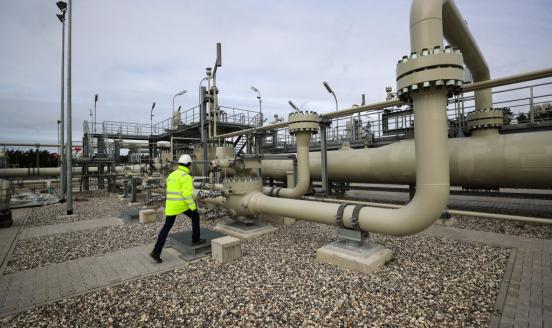
Can Europe manage if Russian oil and coal are cut off?
A stop to Russian oil and coal supplies would push Europe into a short and painful adjustment period.
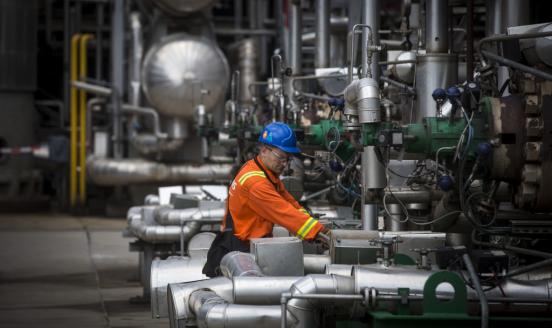
How to wean Europe off Russian gas as swiftly as possible
A trans-Atlantic pact between North America and Europe is essential if Europe is to free itself in the short term from its dependence on Russian energ
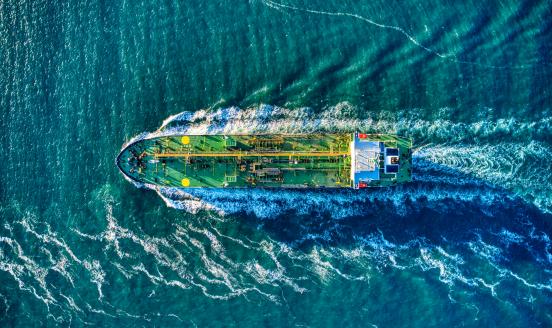
How Europe can defeat Russia’s divide and rule strategy in the long term
The European Union will have to bolster members most vulnerable to Russian blackmail and rethink the structure of European energy markets in order to
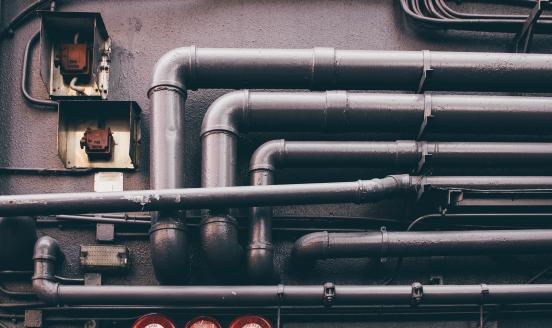
How Europe can sustain Russia sanctions
Russia's war in Ukraine has underscored the need for Europe finally to invest more in its own defence and security. Such an outrageous act of aggressi
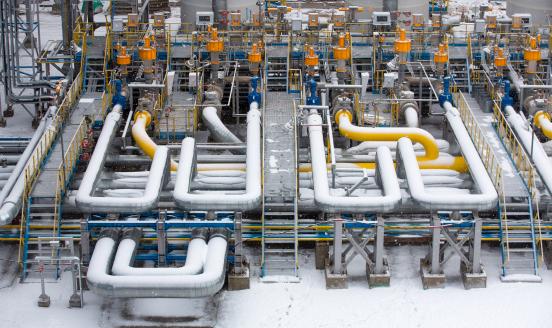
Preparing for the first winter without Russian gas
The European Union can manage without Russian gas next winter, but must be united in taking difficult decisions.
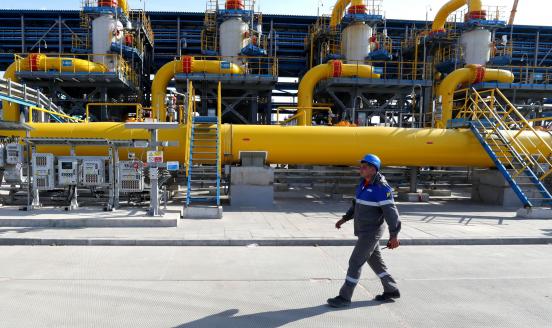
The Kremlin’s gas wars
How Europe can protect itself from Russian blackmail.
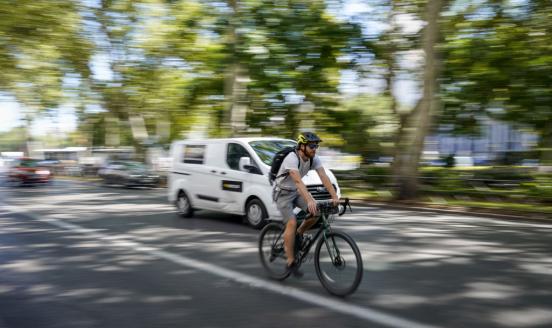
Greening Europe’s post-Covid-19 recovery
At this event Bruegel launched a new Blueprint that collects voices of policymakers and academics on the crucial topic of how to make sure Europe will
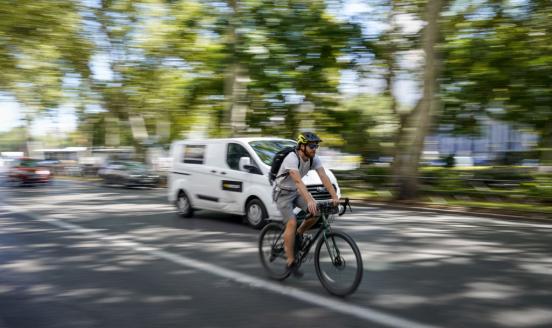
Greening Europe’s post-COVID-19 recovery
This Blueprint includes some of the Group’s most prominent voices on the different aspects of the multidimensional issue of green recovery.

Letter: The EU’s green taxonomy is a missed opportunity
The taxonomy is unlikely to become the international “gold standard” in the field, which is a missed opportunity.
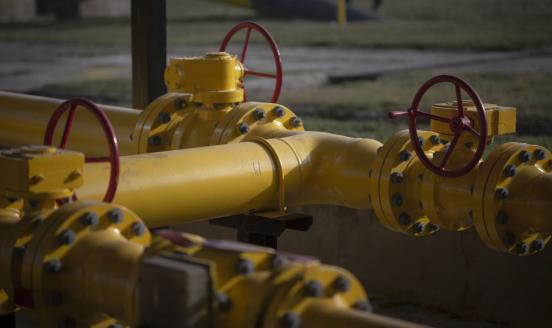
Can Europe survive painlessly without Russian gas?
If Russian gas stops flowing, measures to replace supply won’t be enough. The European Union will need to curb demand, implying difficult and costly d
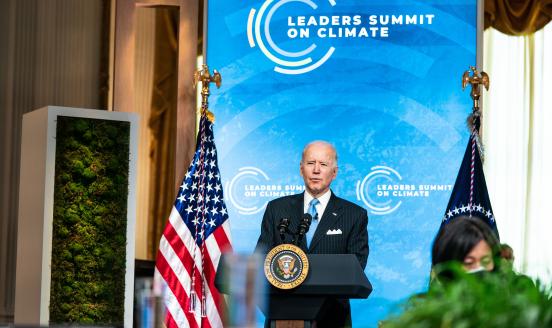
Where is Biden's climate policy?
A year after his inauguration, what has President Biden really achieved on climate?

How an open climate club can generate carbon dividends for the poor
The German-led G7 can accelerate decarbonisation while tackling climate justice.
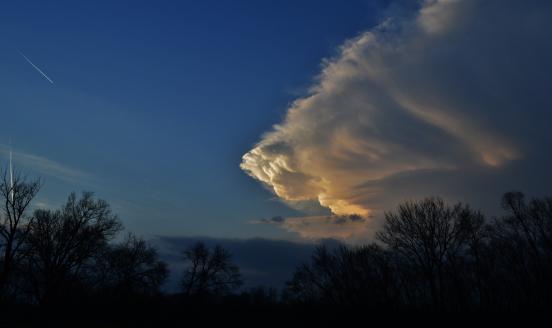
What the EU climate package has to overcome in 2022
An overview of the EU climate package to be negotiated in 2022.

Sustainability transition and the European Green Deal: A macro-dynamic perspective
Report of the results of work carried out at ETC/WMGE on Green economy transition: Macroeconomic analytical framework in 2020 and 2021.
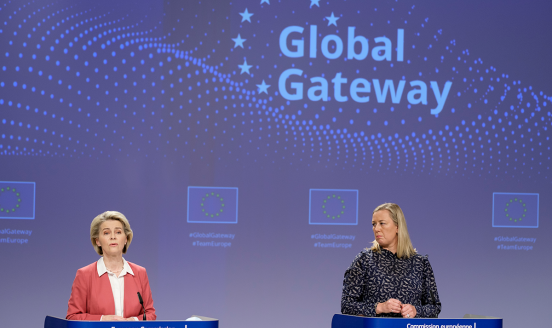
The Global Gateway: a real step towards a stronger Europe in the world?
Disappointment at the lack of fresh cash from European Union global connectivity strategy is short-sighted: Europe supports global development more th
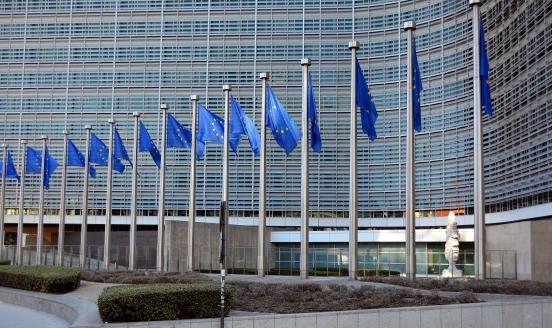
Europe's path to net-zero
Fostering the industrial component of the European Green Deal: key principles and policy options.
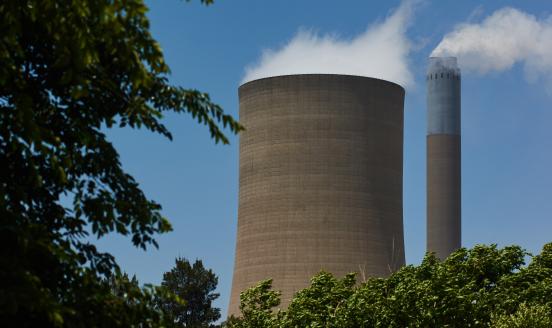
Rising energy prices: European Union countries’ views on medium-term policies
Alongside short-term measures to shield consumers from rising energy prices, EU countries have set out their positions on medium-term measures to prev
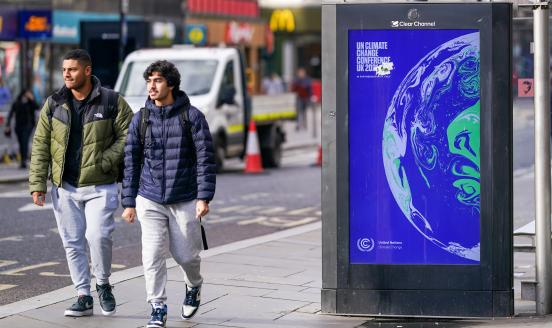
COP26: global stocktake and what’s next
Join us in this episode of the Sound of Economics Live as we contribute to the global stocktake of the climate summit.

Goodbye Glasgow: what’s next for global climate action?
After COP26, and as the debate on whether Glasgow represents a success or a failure dies down, what next for global climate action?
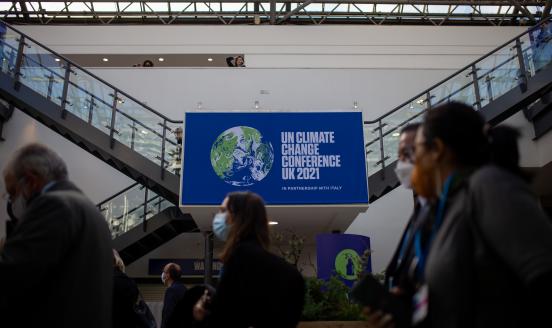
Glasgow: a clearer sense of direction but with no hard numbers
Global climate action is visibly accelerating however the conference failed to deliver on the hard numbers.
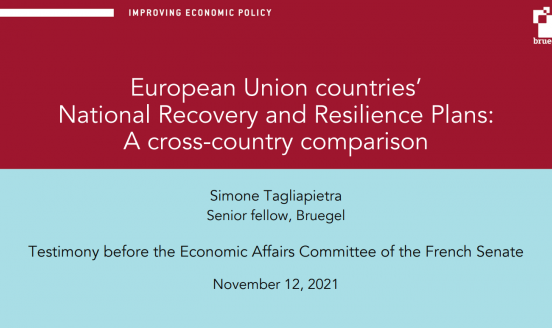
European Union countries’ National Recovery and Resilience Plans: A cross-country comparison
Testimony before the Economic Affairs Committee of the French Senate.
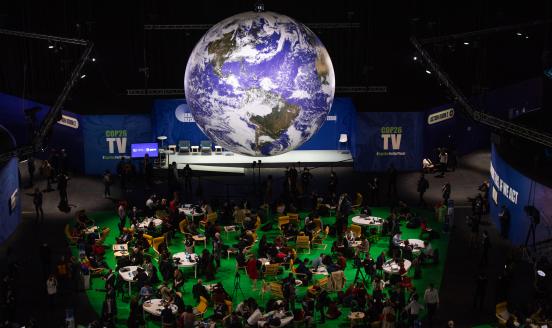
Keeping the energy policy triangle in balance is key to reach net-zero
Delivering policies that address energy security, competitiveness and sustainability is one of the most formidable challenges facing governments in th
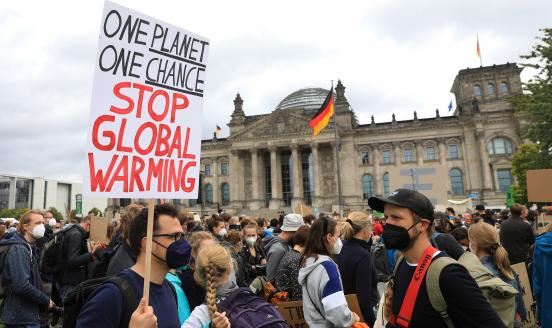
Can climate change be tackled without ditching economic growth?
What will be necessary to achieve climate goals and keep growing?
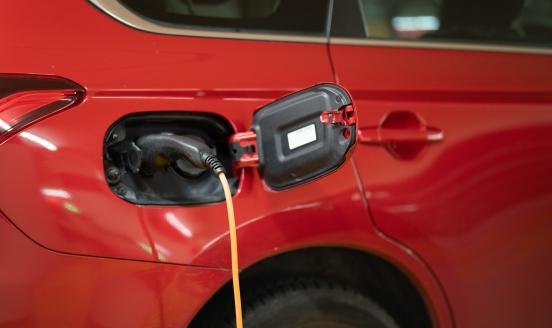
How green are electric vehicles?
A policy paper dissecting existing life cycle assessments of electric vehicles and identifying potential future trends in the different stages of the
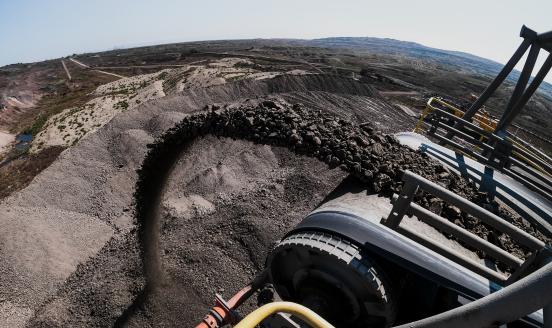
Xi’s pledge on financing coal plants overseas misses point
China’s domestic installation of coal-fired power plants continues at great pace.

The only quick-fix to Europe’s energy price crisis is saving energy
The only thing Europe can quickly do to prevent a potentially difficult winter is to actively promote energy conservation in both the residential and
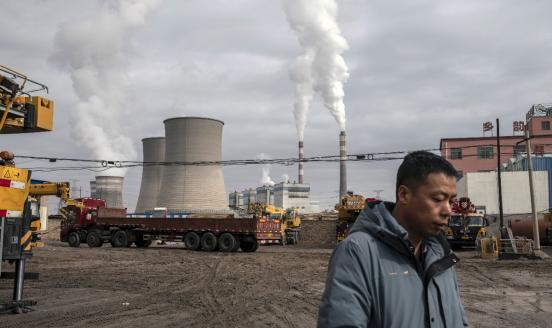
Will China use climate change as a bargaining chip?
Beijing shows signs of changing tactics ahead of the COP26 conference.
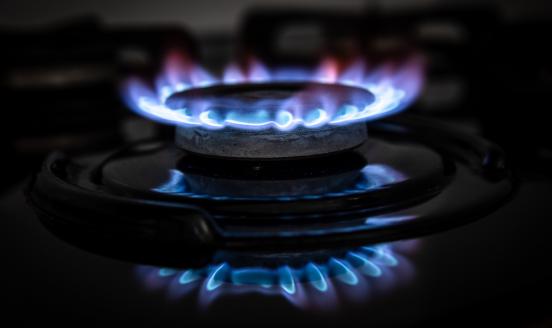
Letter: The lesson Europe should learn from the gas crisis
Europe’s gas supply security could more effectively be safeguarded by ensuring that unused alternatives are maintained.
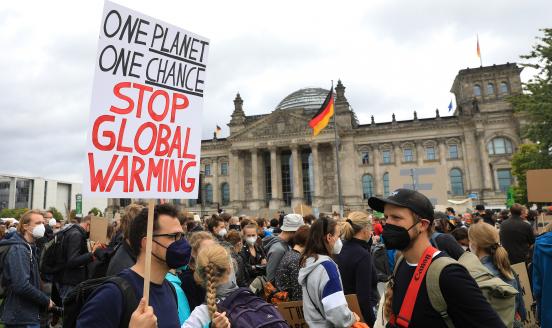
Can climate change be tackled without ditching economic growth?
The ultimate answer to the question on whether climate change can be tackled without ditching economic growth depends on our willingness to step up cl
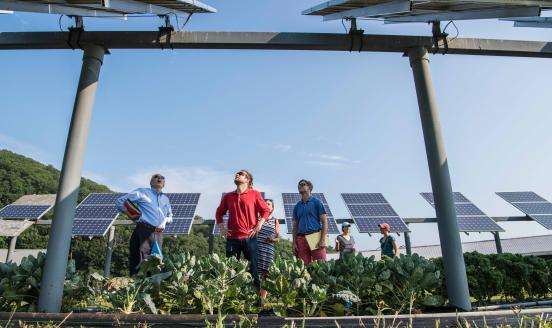
Can climate change be tackled without ditching economic growth?
The notion of degrowth to reduce greenhouse gas emissions appears unrealistic; decoupling of emissions from growth is in principle possible but requir

Is Europe’s gas and electricity price surge a one-off?
Surging natural gas prices in Europe, driven by rising demand and tight supply, are pushing up electricity prices; to prevent volatility, governments
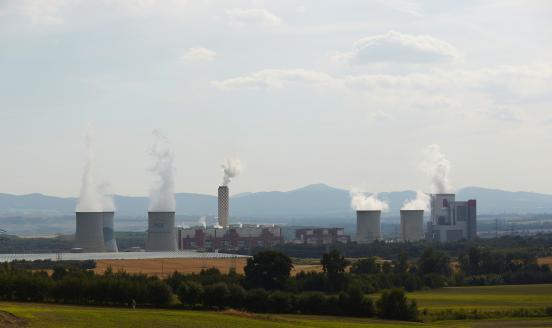
Conditions are ideal for a new climate club
The technical and political conditions are ideal for the creation of a climate club to catalyse tougher climate action worldwide.
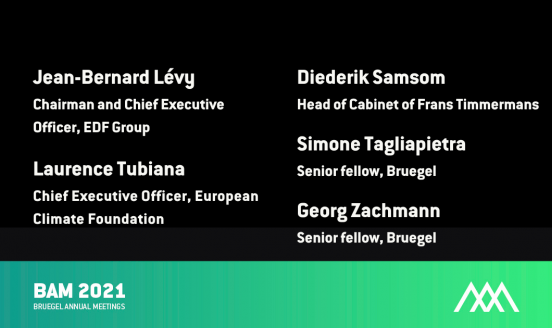
The role of the state in providing infrastructure for decarbonisation
Bruegel Annual Meetings, Day 2 - Who should be responsible for providing crucial infrastructure for decarbonisation and how should it be managed?
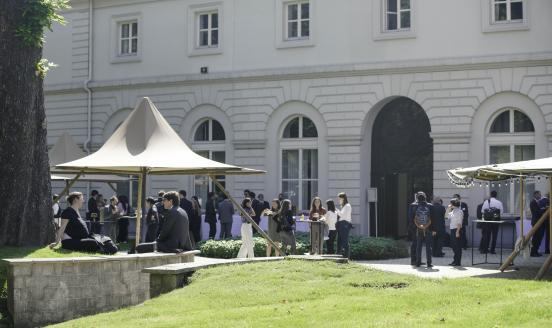
Bruegel Annual Meetings, 1-3 September 2021
The 2021 Annual Meetings gathered high-level speakers and participants to discuss how to recover from the crises brought on by the Covid pandemic
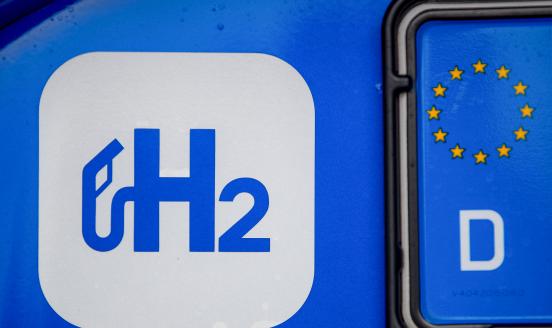
Hydrogen development strategies: a global perspective
Despite different strategies, the European Union, the United Kingdom, the United States, China and Japan all expect hydrogen to play a significant rol

How much investment do we need to reach net zero?
The size and scope of investments needed to reach net zero will have significant macroeconomic implications.
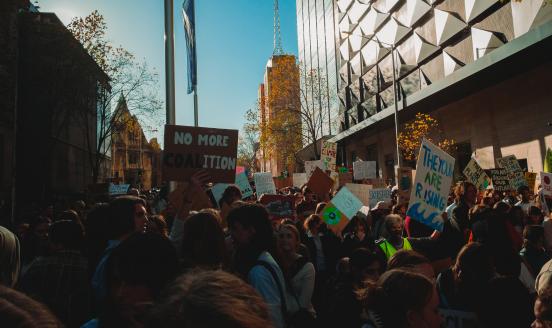
Poorest should be able to buy into decarbonisation
Climate action should be designed in a way that improves social equality.

Science is clear: climate action can't wait any longer
Without immediate, rapid and large-scale reductions in greenhouse gas emissions, the world will not be able to meet the goals of the Paris Agreement -
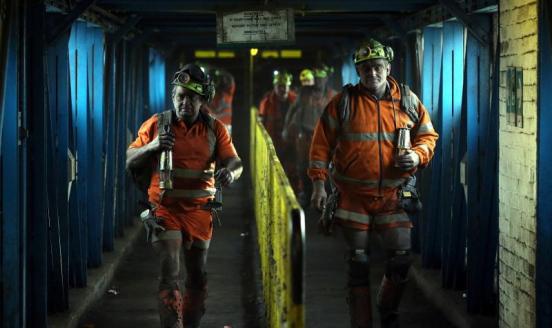
A Safety Net for the Green Economy
How to protect workers hurt by the fight against climate change.
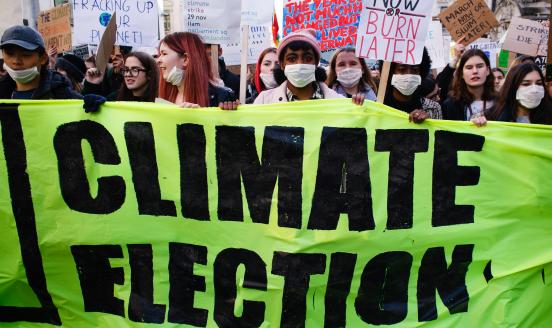
Fit for 55 marks Europe’s climate moment of truth
With Fit for 55, Europe is the global first mover in turning a long-term net-zero goal into real-world policies,
marking the entry of climate policy

A breakdown of EU countries’ post-pandemic green spending plans
An analysis of European Union countries’ recovery plans shows widely differing green spending priorities.
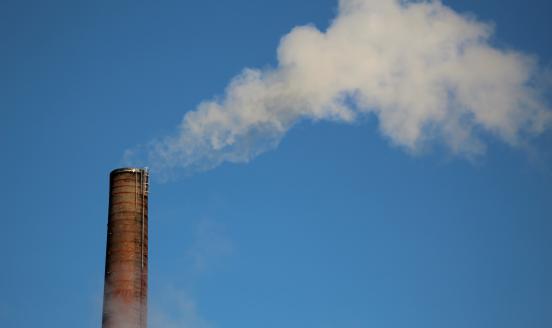
Relaunching transatlantic cooperation with a carbon border adjustment mechanism
The best way for the EU and the US to jointly introduce carbon border adjustment would be to form a ‘climate club’.
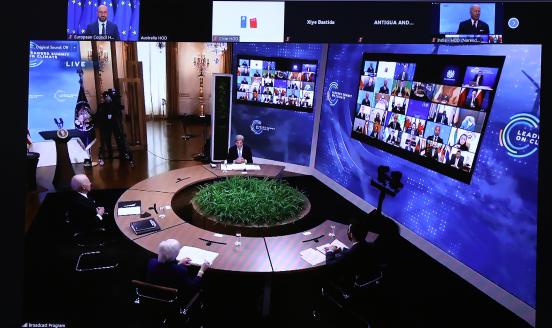
A transatlantic climate alliance
When Joe Biden visits Europe for the first time as US president, he should begin forging a transatlantic green deal.

For the climate, Asia-Pacific must phase out fossil-fuel subsidies
An exit from coal in the Asia-Pacific region is a global decarbonisation priority.
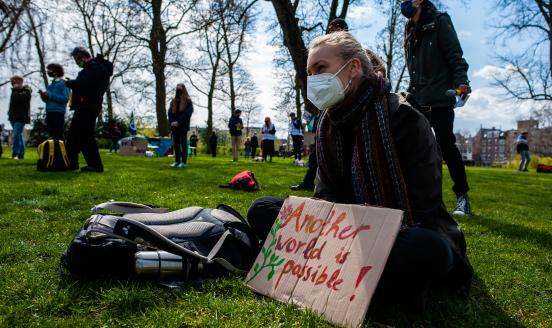
Form a climate club: United States, European Union and China
Can the three biggest economies agree a carbon tax on imports to catalyse climate action globally?
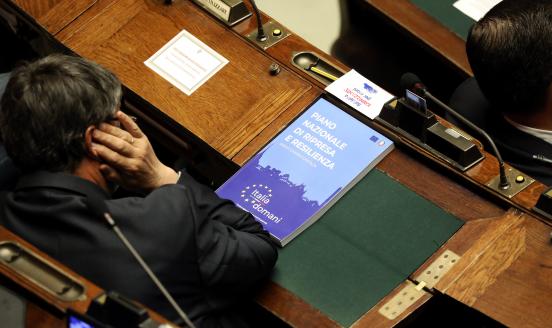
Setting Europe’s economic recovery in motion: a first look at national plans
Plans for spending European Union recovery funds submitted by the four largest EU countries reflect rather different priorities. So far, only Italy is
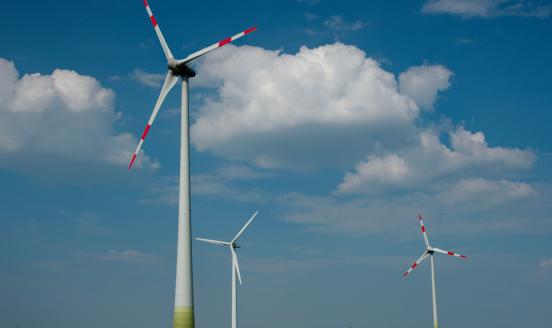
The External Dimension of the EU's Green Deal: What Role for EU Development Cooperation?
What geopolitical and human repercussions does the EU Green Deal have for its partners beyond climate neutrality and the EU?
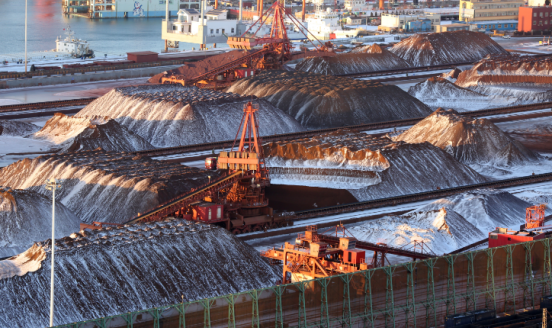
China has a grand carbon neutrality target but where is the plan?
China’s new long-term targets, to reach peak emissions before 2030 and achieve carbon neutrality by 2060, are yet to be matched with a consistent shor
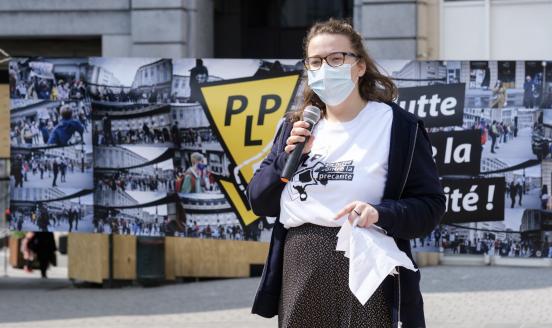
It’s time for a green social contract
The green transformation will have far-reaching socio-economic implications. Action is needed to ensure domestic and international social equity and f
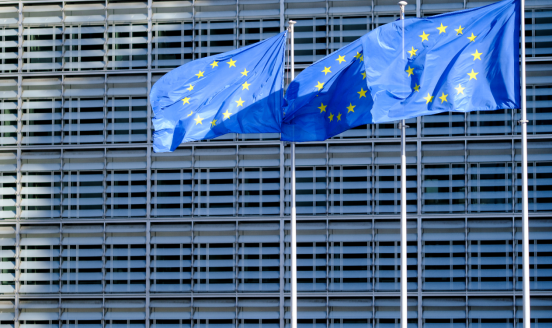
Letter: ‘Strategic autonomy’ is now an EU catchphrase
Strategic autonomy should not be an illusionary search for independence, but rather a strategic management of interdependence, based on diversificatio

Form a climate club: United States, European Union and China
If the three biggest economies agree a carbon tax on imports, it will catalyse climate action globally.
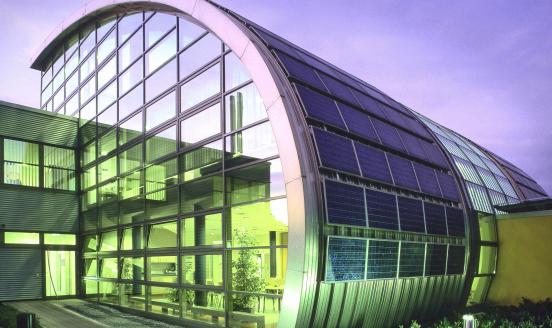
The EU can’t separate climate policy from foreign policy
How to make the European Green Deal succeed.
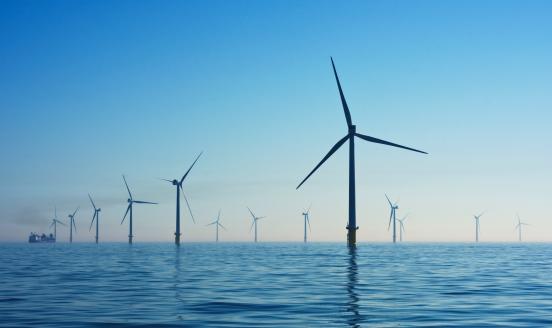
Carbon price floors: an addition to the European Green Deal arsenal
As the European Union sets out a more ambitious climate policy, carbon price floors provide an opportunity to place greater emphasis on altering expec

Prospects for the US climate policy under the Biden Administration
How US climate policy is likely to evolve, and which international impacts can be expected?

Carbon border adjustment in the United States: not easy, but not impossible either
President Biden has promised to implement a levy on carbon-intensive imports, albeit without a federal domestic carbon price. The measure faces a numb

The EU can’t separate climate policy from foreign policy
How to make the European Green Deal succeed.

The geopolitics of the Green Deal
Join us to mark the launch of the eponymous paper co-written with the European Council on Foreign Relations.

The geopolitics of the European Green Deal
The Green Deal will redefine Europe’s global policy priorities; as such, it is a foreign policy development with profound geopolitical consequences
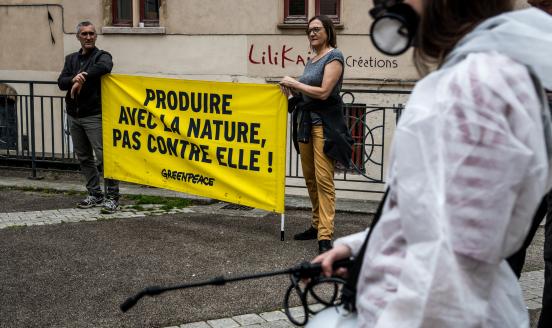
A green industrial policy for Europe
A ‘green industrial policy’ able to promote economic growth, job creation and environmental goals altogether will be fundamental to Europe’s climate c

A green industrial policy for Europe
The EU needs to develop a strong green industrial policy. What should Europe's strategy look like and how can we achieve it?

A green industrial policy for Europe
This Blueprint examines how the European Union can develop a coherent green industrial policy that will serve the goals of the European Green Deal.

Europe and India: Comparing Approaches to Global Economic Challenges
Stakeholders from government, private sector, media and academia/institutions come together to review India-EU relations.

2021 can be a climate breakthrough, but Biden and Europe need to talk
"2021 can be a breakthrough year for climate: the new US administration and the EU have a real opportunity, through a ‘global net zero coalition’, to
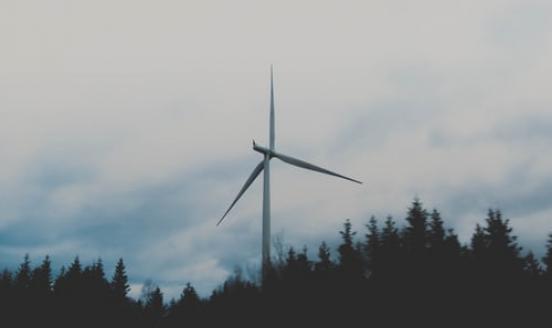
Understanding the world of tomorrow through the great challenges of energy and climate change
“Only a broad policy framework – taking into account economic, fiscal, industrial, labour, innovation and social policy issues – can address the chall
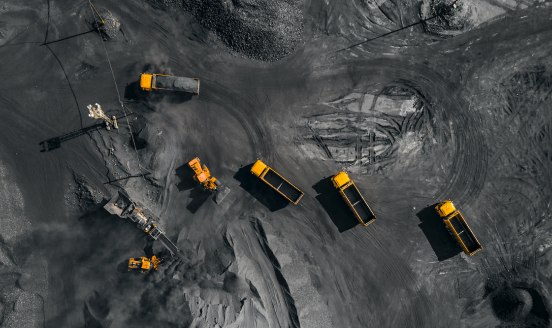
The European climate law needs a strong just transition fund
To deliver on the goals of the European climate law, the European Union needs finally to get coal out of its energy mix: the EU should quicken the pac
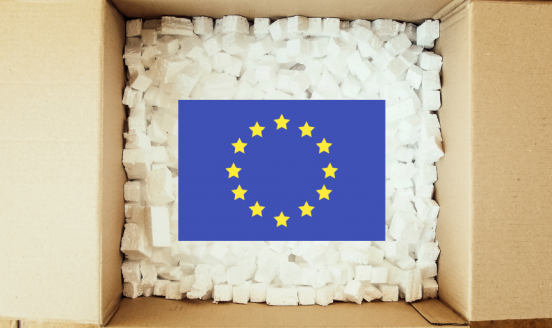
Unpacking President von der Leyen’s new climate plan
European Commission President Ursula von der Leyen has set a new destination for EU climate policy: a 55% emissions reduction by 2030. This is a good
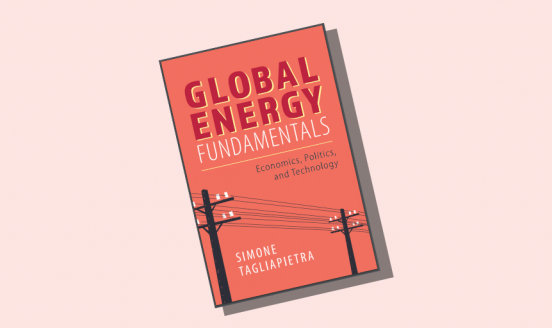
Global Energy Fundamentals
Cambridge University Press just published the new book of Bruegel research fellow Simone Tagliapietra, Global Energy Fundamentals. It provides a rigor

Bruegel Annual Meetings 2020 - Day 2
Second day of Bruegel Annual Meetings.

Bruegel Annual Meetings 1-3 September, 2020
Bruegel's flagship event transformed into a virtual conference for pandemic times

Is the EU Council agreement aligned with the Green Deal ambitions?
On 21 July, EU leaders agreed on a €1.8 trillion package that should boost the recovery after the COVID-19 crisis, but also contribute to the advancem

Greening the recovery by greening the fiscal consolidation
In the wake of COVID-19, some economic recovery policies will help green the economy – for example, energy renovation of buildings.

The impacts of electrification on labour market outcomes: the case of Nigeria
In Nigeria, Africa’s largest economy, expanding access to electricity has contributed to increasing labour market participation and transforming the e
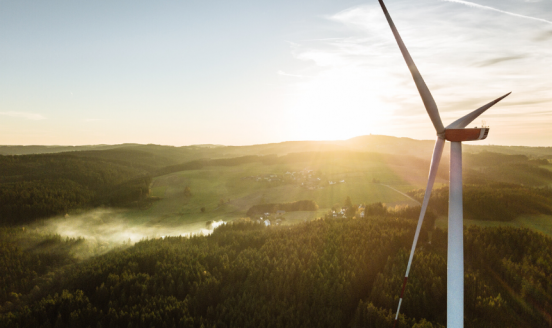
One last push is needed to improve the Just Transition Fund proposal
The European Parliament and the Council still have an opportunity to improve the Just Transition Fund by refocusing it on social support and basing fu

An equity fund for a zombie-free and EU-wide recovery
Four guiding principles can help ensure a well designed EU equity fund.
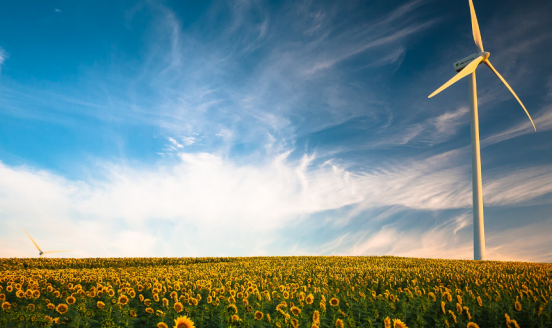
A Just Transition Fund – How the EU budget can help with the transition
On 14 January 2020, the European Commission published its proposal for a Just Transition Mechanism, intended to provide support to territories facing
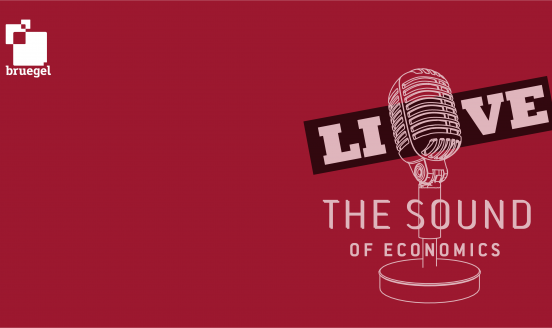
The Sound of Economics Live: Rebooting Europe - a framework for post COVID-19 economic recovery
Mapping out the post COVID-19 recovery.

Rebooting Europe: a framework for a post COVID-19 economic recovery
COVID-19 has triggered a severe recession and policymakers in European Union countries are providing generous, largely indiscriminate, support to comp

COVID-19 is causing the collapse of oil markets: when will they recover?
This oil crisis will be solved only by a pick-up in global oil demand, once lockdowns are lifted and the economy is restarted.
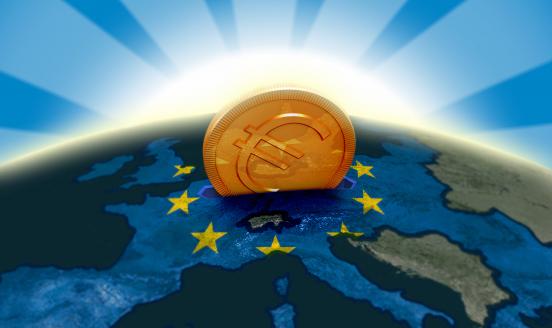
Europe needs a Covid-19 Recovery Programme
Policymakers need to think long-term and start planning a broad investment scheme to reboot the European economy.

The effect of digitalization in the energy consumption of passenger transport: An analysis of future scenarios for Europe
The paper evaluates the effects on energy consumption of digitalization in transport. Digitalization needs a tailored policy support to avoid higher e
CANCELLED: India-EU Partnership: New Vistas for the Next Decade
Policymakers, academics and private sector actors from the EU and India come together to work on common issues and explore further areas of cooperatio

An effective economic response to the Coronavirus in Europe
'Whatever it takes' needs to be the motto to preserve lives and reduce the impact on the economy of the epidemic.

What if the rest of Europe follows Italy's coronavirus fate?
The silence from Brussels could be as damaging as the silence on Italian streets
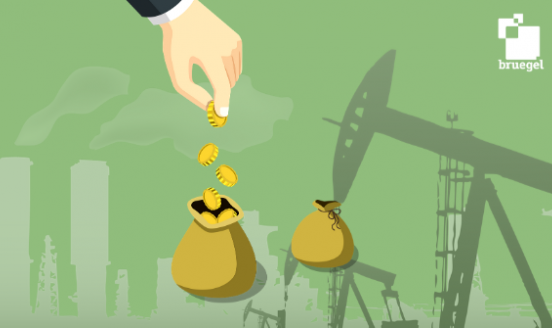
The European Green Deal must cut hidden fossil fuel subsidies
Brussels should ensure that fossil fuels do not get direct or indirect support from governments

To save the Italian economy from the Coronavirus, Rome prescribes a stimulus
Faced with a difficult prognosis, the Italian government has prescribed a three-step strategy to treat the worse economic symptoms of the Coronavirus.
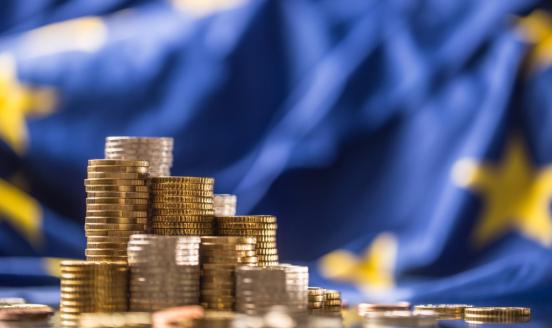
How good is the European Commission’s Just Transition Fund proposal?
On 14 January 2020, the European Commission published its proposal for a Just Transition Mechanism, intended to provide support to territories facing
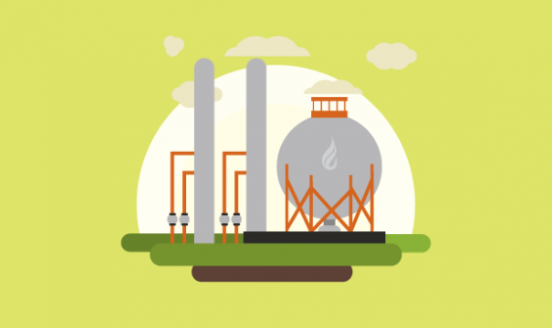
Eastern Mediterranean Gas: What Prospects for the New Decade?
The last decade has seen the eastern Mediterranean region become a hotspot of the global natural gas industry, attracting increasing attention from mu
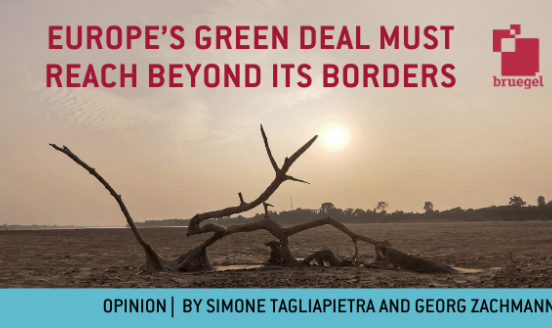
Europe’s Green Deal must reach beyond its borders
A European Climate and Sustainable Development Bank could become the external investment arm of the European Green Deal.
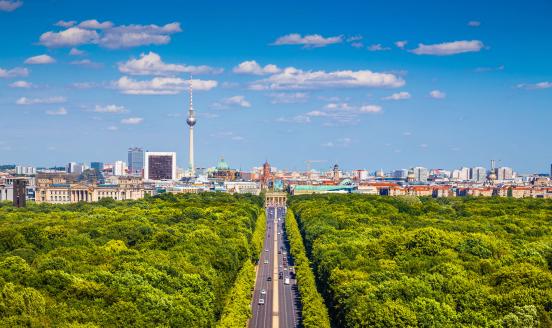
Berlin will make or break the European Green Deal
€1 trillion isn't enough for the European Green Deal and the EU's fiscal framework is constraining public investment. "Mrs Merkel, tear down this rule

A trillion reasons to scrutinise the Green Deal Investment Plan
The European Commission has revealed its €1 trillion investment plan for the European Green Deal. This will not be enough to unleash the expected “gre

Europe’s Apollo 11 will not be about the moon
The European Green Deal has an ambitious double target to “reconcile the economy with the planet” and to become Europe’s “new growth strategy”.
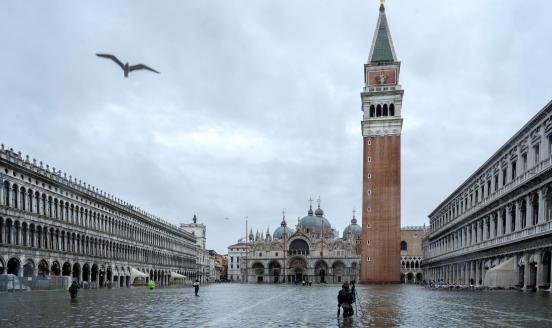
Under swollen tides, Venice says more about our future than our past
While tides high enough to submerge Venice used to be rare, occurring every two to three decades, they have now become increasingly regular. Five of t
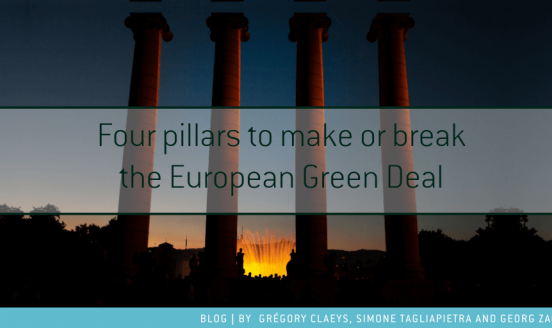
Four pillars to make or break the European Green Deal
The recipe for a successful European Green Deal is as simple as it is breath-taking: to intelligently promote deep decarbonisation by accompanying the

How to make the European Green Deal work
Ursula von der Leyen has proposed a European Green Deal that would make Europe climate neutral by 2050. With this Policy Contribution, the authors pro
What industrial policy for the European Green Deal?
This event will be a workshop, aiming to look into the design and implementation process of the European Green Deal. Each session will be introduced b

The importance of economic diversification in the Middle East
Simone Tagliapietra's latest opinion on the Financial Times, on the role of Middle East as cornerstones of global energy

Coming soon: a massive laboratory for ‘Green New Deals’
Green New Deals’ are not going to turn countries into ‘hermit nations’,but they are not going to turn countries into economic paradises either. They s

Questions to the First Executive Vice President-designate Timmermans
For the first time ever, a large economy will cut a path to climate neutrality by 2050 – a milestone that scientists consider to be the only sensible

Bruegel Annual Meetings 2019, 4-5 September
The 2019 Annual Meetings featured the launch of Bruegel's memos to the new European Leadership, proposing how to deal with future policy challenges
Bruegel Annual Meetings 2019
Bruegel's 2019 Annual Meetings will be held on 4-5 September and feature the launch of Bruegel's Memos to the New European Commission.
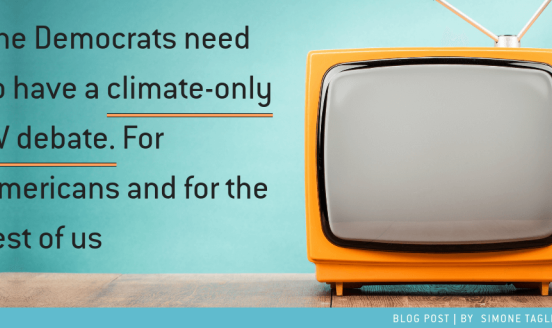
The Democrats need to have a climate-only TV debate. For Americans and for the rest of us
A series of global summits mean the months between now and November 2020 will be crucial to the future of climate change.
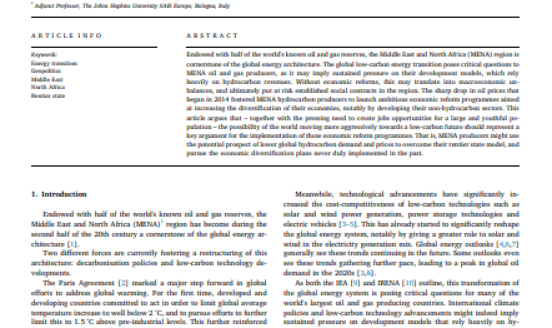
The impact of the global energy transition on MENA oil and gas producers
Endowed with half of the world's known oil and gas reserves, the Middle East and North Africa (MENA) region is cornerstone of the global energy archit

Von der Leyen’s Green Deal isn’t just a plan for the environment
Ursula von der Leyen's proposal of a European Green Deal is ambitious and urgent. Not only does it aim to reduce the continent's emissions, but it als

The European Union energy transition: key priorities for the next five years
The new members of the European Parliament and European Commission who start their mandates in 2019 should put in place major policy elements to unlea
EU urgently needs to reverse its climate neutrality failure
Immediate action is necessary to ensure the EU can become carbon-neutral by 2050 and thus limit global warming. The rapid rise in support of this targ

Renewables for Energy Access and Sustainable Development in East Africa
This book, co-authored by Bruegel's Research Fellow Simone Tagliapietra, investigates the role of renewable energy in East Africa to provide policy-re

Elections must put Europe on a path to a green future
We are at a pivotal moment for the future of Europe. It is an opportunity to reflect on the fundamental values and visions underlying the European pro

Estimating the cost of capital for wind energy investments in Turkey
Wind power represents a key component of Turkey’s national energy strategy. Based on data collected on 138 installations in the country, this paper pr

New EU industrial policy can only succeed with focus on completion of single market and public procurement
France and Germany recently unveiled a manifesto for a European industrial policy fit for the 21st century, sparking a lively debate across the contin
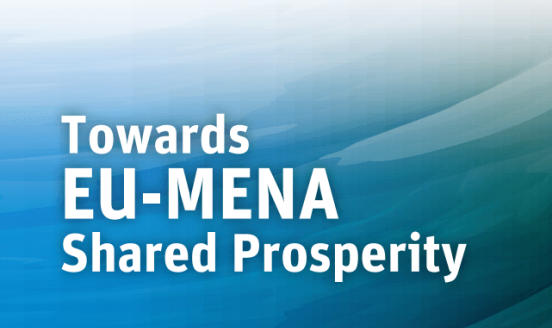
Towards EU-MENA shared prosperity
This joint publication collects the papers produced as part of the third collaboration between Bruegel and the Policy Center for the New South (PCNS).
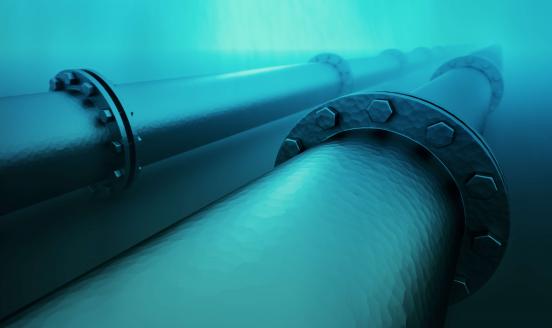
An opportunity for natural gas in the eastern Mediterranean
After a decade of false starts, producers should grab the chance to co-operate as exporters.

The geopolitical implications of the global energy transition
Energy has traditionally played an important role in global geopolitics, contributing to the rise of great powers, the formation of alliances and, in
Is the European automotive industry ready for the global electric vehicle revolution?
How can Europe catch up on the global electric vehicle race?

How Europe could yet take the lead in the global electric-vehicle development race
The electrification of vehicles has become a key trend in the automotive sector, driven by clean energy and climate-change concerns. In a scenario of

Is the European automotive industry ready for the global electric vehicle revolution?
This Policy Contribution investigates the position of the European automotive industry in a scenario in which electrification substantially progresses
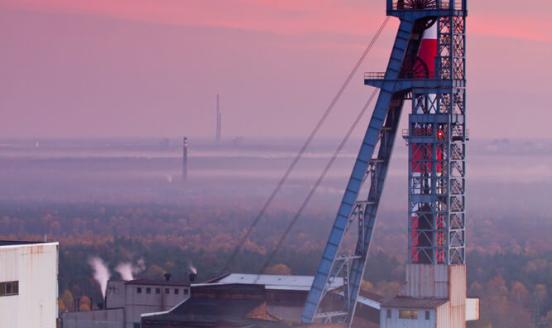
The UN climate conference in Katowice: A message from the European capital of coal
Following the COP24 climate talks in Poland, Simone Tagliapietra reviews the arguments for and challenges to decarbonisation.
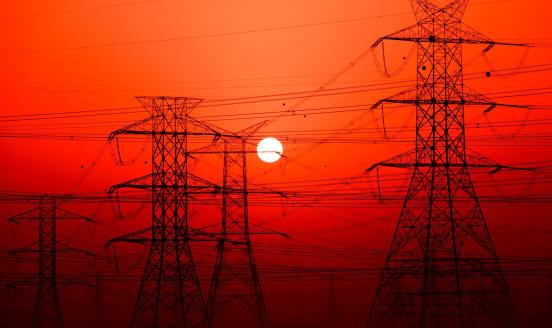
A new strategy for EU-Turkey energy cooperation
Cooperation over energy and climate issues could be one of the components of the EU-Turkey Positive Agenda. Simone Tagliapietra proposes a new strateg

What the "gilets jaunes" movement tells us about environment and climate policies
Simone Tagliapietra and Georg Zachmann write on the climate governance lesson European governments should learn from the "gilets jaunes" experience.
Italy’s floods: How the European Union Solidarity Fund can help
The authors discuss Italy's potential recourse to disaster relief from the European Union Solidarity Fund in the wake of recent floods, focusing speci
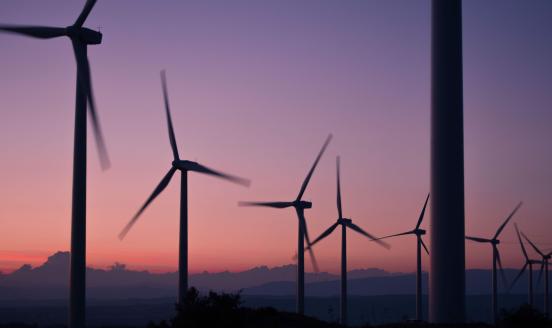
The Euro-Mediterranean energy relationship: a fresh perspective
The author analyses the current renewable energy development in Southern Mediterranean countries (SMCs) and proposes a climate financing strategy that

Policy responses for an EU-MENA shared future
In the third edition of the "Platform for Advanced & Emerging Economies Policy Dialogue" we will discuss trade flows and trade policy between Europe a

Improving the efficiency and legitimacy of the EU: A bottom-up approach
The 2019 European elections promise to be a watershed moment for the EU. A recent Bruegel paper made the case for restructuring the Union’s model of g
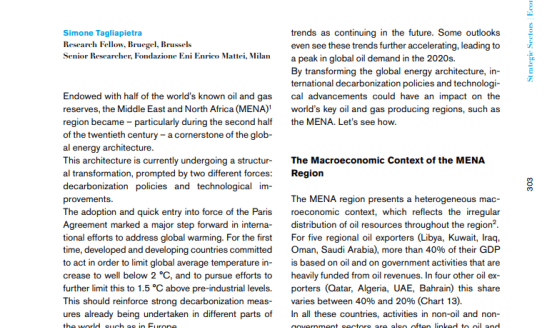
The impact of global decarbonisation policies and technological improvements on oil and gas producing countries in the Middle East and North Africa
Simone Tagliapietra contributed to the IEMED Mediterranean Yearbook 2018 with a chapter on the impact of decarbonisation policies on oil and gas produ

Electrification in sub-Saharan Africa: The role of international institutions
Bruegel fellow Simone Tagliapietra contributed to the new issue of the 'Oxford Energy Forum' with an article on the role of international and European
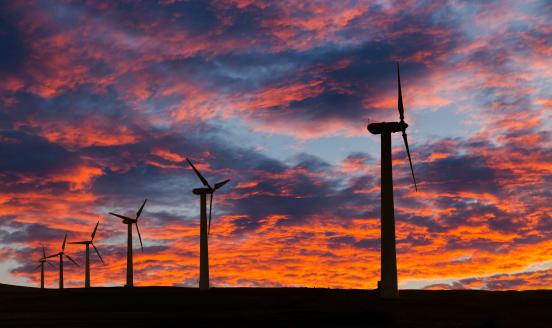
Energy in Africa: Challenges and Opportunities
Bruegel fellow Simone Tagliapietra co-authored a new book on energy in Africa.
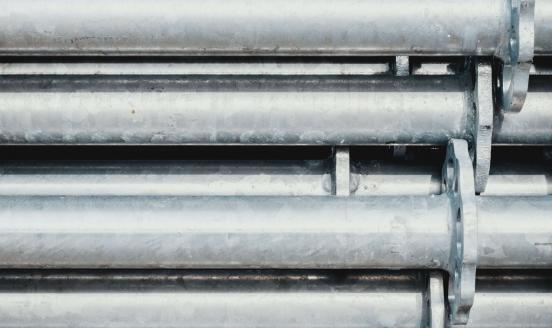
Beyond Nord Stream 2: a look at Russia’s Turk Stream project
Since 2015, Nord Stream 2 has been at the centre of all European discussions concerning the EU-Russia relations. But as endless political discussions
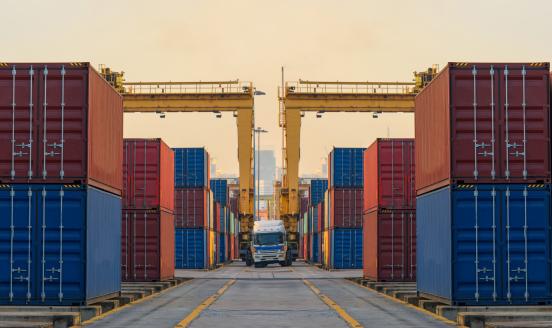
China’s strategic investments in Europe: The case of maritime ports
The EU is currently working on a new framework for screening foreign direct investments (FDI). Maritime ports represent the cornerstone of the EU trad

Making Italy grow again
On March 4th, Italians sent a resounding message in favour of a break with the past. The ultimate test for the new ‘government of change’ will be whet
The European automotive sector: future challenges and opportunities
On 6 June Bruegel is organising a closed-door brainstorming workshop on: The European automotive sector: future challenges and opportunities.
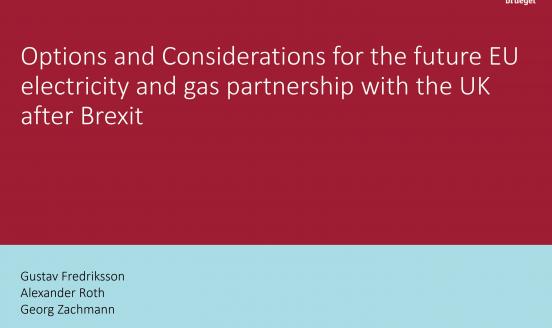
Brexit and Energy Policy
Testimony before the European Parliament's Committee on Industry, Research and Energy

Cleaning up Europe's transport sector: which strategies?
Over the last decade, EU’s greenhouse gas emissions have decreased significantly in all sectors with the only exception of transport. This sector is t

A new strategy to clean up European cars, and the air we breathe
Transport is the only sector in which Europe's CO2 emissions are now higher than in 1990 and is becoming a key obstacle to the EU meeting its decarbon

Italy’s pension spending: Implications of an ageing population
The Italian debate on the pension system predominantly focuses on short-term aspects, neglecting relevant longer-term fundamentals. Based on long-term

Addressing Europe’s failure to clean up the transport sector
The European Union has the long-term vision to reduce its greenhouse gas emissions by 80-95 percent by 2050 compared to 1990 and it adopted in 2014 a

Still on the road? Assessing Trump’s threat to European cars
Just how exposed is Europe’s automotive sector to a potential escalation in the EU-US trade war?
Energy digitalization: challenges and opportunities for the industry
What are the the industrial implications of Europe’s digital energy revolution? What new business models do we need to make the best of it? What polic
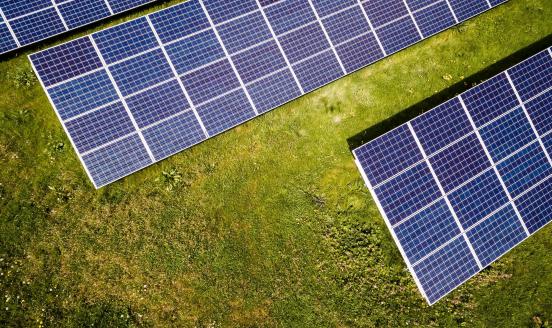
The Impact of Brexit on the EU Energy System
What will be the impact of Brexit on the EU energy system? With or without the UK, the EU will be able to complete its market, to achieve its climate

EU should pay member states to get rid of coal
The European Union should act to ensure the continued transformation of its energy system, and encourage member states to overcome their dependence on

Beyond coal: facilitating the transition in Europe
Europe has a dirty energy secret: coal is producing a quarter of the electricity, but three-quarters of the emissions. The EU should propose that its

A new strategy for European Union-Turkey energy cooperation
In a period of stress in the relationship between the European Union and Turkey, cooperation over energy could be a bright spot, because of strong mut

We need a broader, greener EU-Turkey energy partnership
Energy is a vital part of the EU’s increasingly strained relationship with Turkey. It’s also one of the areas where there is still a lot of potential
Fostering energy access in Sub-Saharan Africa: what role for Europe?
Lack of energy access is a major challenge for Sub-Saharan Africa. How can Europe contribute to solving this issue?
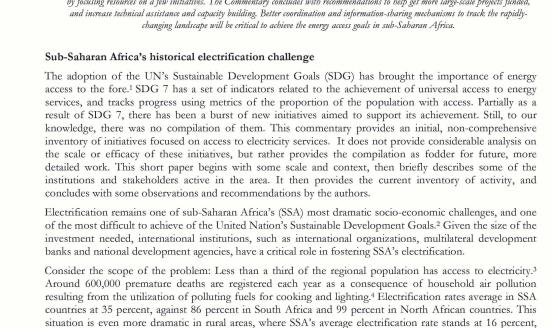
The role of international institutions in fostering sub-Saharan Africa’s electrification
With a new commentary published by the Columbia University Center on Global Energy Policy, Simone Tagliapietra and Morgan Bazilian discuss the role of
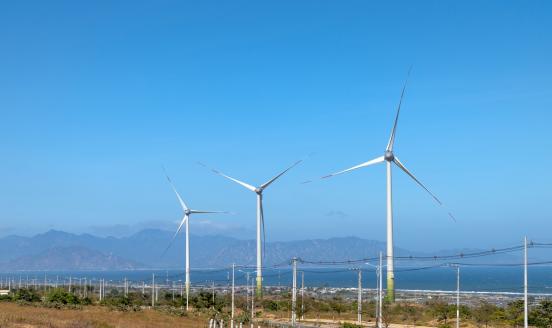
Reinforcing the EU energy industry transformation: stronger policies needed
The European energy system is being transformed by three major forces, decarbonisation, digitalisation and decentralisation. Decarbonisation is changi
Trump and the Paris Agreement: better out than in
It would be better for international climate governance if Trump stays out of the Paris Agreement, rather than stays in with a new, weakened deal.

Remaking Europe: the new manufacturing as an engine for growth
Europe needs to know how it can realise the potential for industrial rejuvenation. How well are European firms responding to the new opportunities for
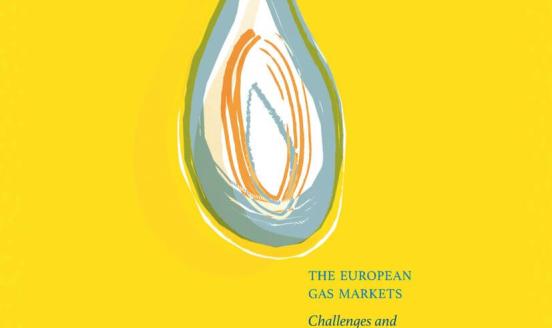
The European Gas Markets
This book, co-edited by Bruegel's Research Fellow Simone Tagliapietra, explores in detail the challenges which the European gas markets currently face
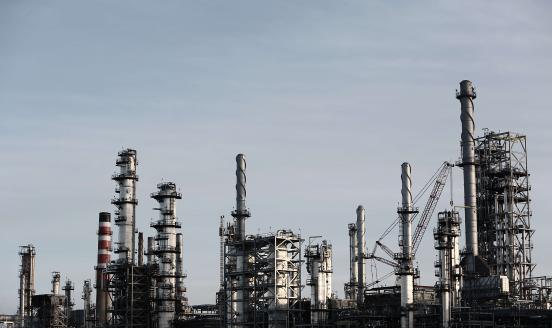
Towards EU-MENA Shared Prosperity
Endowed with half of the world’s known oil and gas reserves, the Middle East and North Africa (MENA) region has become a cornerstone of the global ene
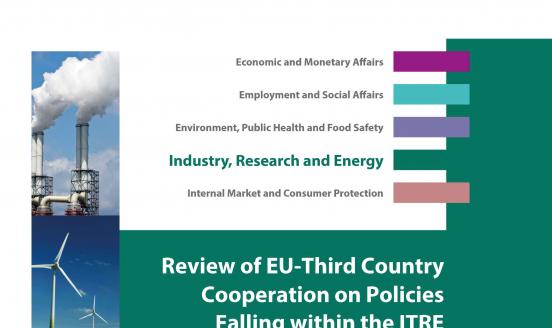
Review of EU-third country cooperation on policies falling within the ITRE domain in relation to Brexit
What is the possible future relationship between the EU and the UK in light of Brexit? The report provides a critical assessment of the implications o
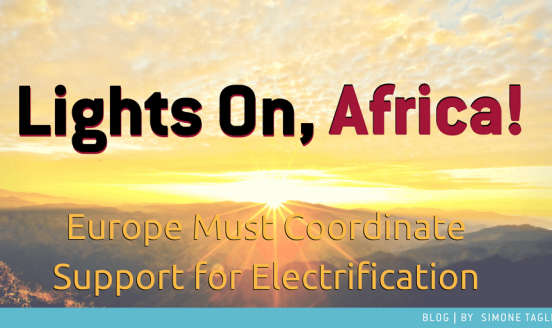
Lights on, Africa! Europe must coordinate support for electrification
Patchy access to electricity remains a major challenge for sub-Saharan Africa's economic development. The EU and its member states have many programme
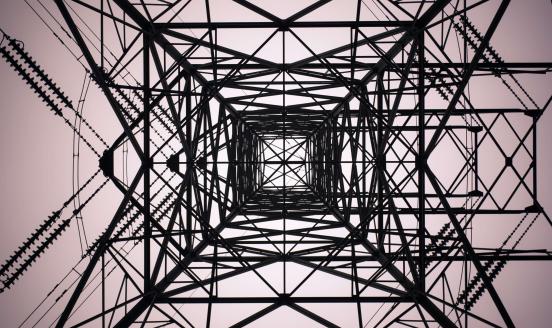
Electrifying Africa: how to make Europe’s contribution count
Electrification is one of sub-Saharan Africa’s most pressing socio-economic challenges. Europe has created a myriad of fragmented initiatives to promo
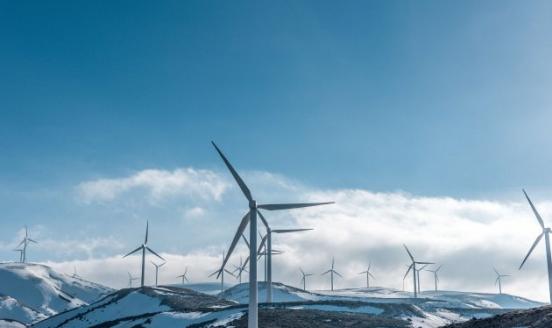
Adieu Paris: what’s next for climate policy if Trump ditches the Paris Agreement?
US President Trump has made it clear that he is not happy with the Paris Agreement. This week he will announce whether the US will withdraw from the A
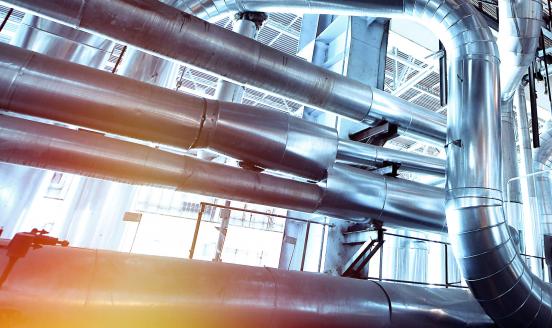
Is the EastMed gas pipeline just another EU pipe dream?
Is the EastMed pipeline really a feasible project? The answer to this question is not simple, but the EastMed plan sounds unconvincing.
Global decarbonisation: a wake-up call for the Middle East and North Africa
Many countries in the MENA region are heavily dependent on oil and gas for exports and taxes. But global decarbonisation could undermine revenues, eve
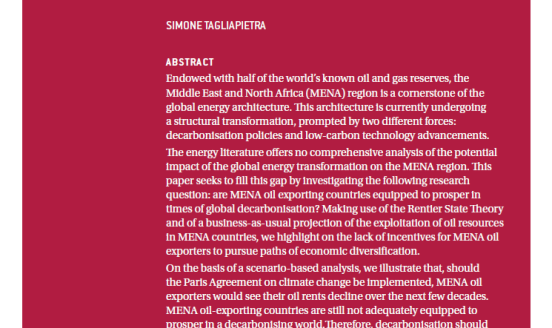
The political economy of Middle East and North Africa oil exporters in times of global decarbonisation
Middle East and North Africa (MENA) oil exporting countries are still not adequately equipped to prosper in a decarbonising world. Decarbonisation sho
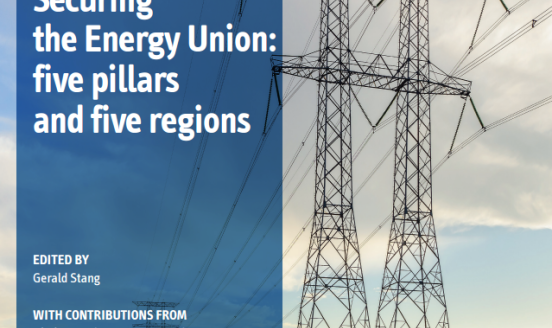
Securing the Energy Union: five pillars and five regions - Southern Europe
As a part of a publication on energy security, Simone Tagliapietra looks at the countries of southern Europe: Cyprus, France, Greece, Italy, Malta, Po
The EU antitrust case: no big deal for Gazprom
Earlier this week, the European Commission presented the draft compromise reached with Gazprom regarding the antitrust case launched in April. Simone
Trump’s energy policy: America first, climate last?
This event seeked to discuss the potential way forward for the US energy and climate policy, and its implications for both global energy markets and g
Trump’s Energy Policy: America First, Climate Last?
What will the new US administration mean for the fight against global warming? Climate change is not even mentioned in the ‘‘America First Energy Pla
Brexit goes nuclear: The consequences of leaving Euratom
The UK Government has confirmed that it will withdraw from Euratom. But what does Euratom actually do? And what will happen when the UK leaves? The au

Energy Relations in the Euro-Mediterranean: A Political Economy Perspective
This book provides a detailed overview of the current status and future prospects of Euro-Mediterranean energy relations through analysis of those rel
OPEC's revival or swan song? First evidence from financial markets
On Wednesday, 30 November 2016, OPEC reached a milestone agreement to cut oil production by 1.2 million barrels a day in a long-awaited attempt to end
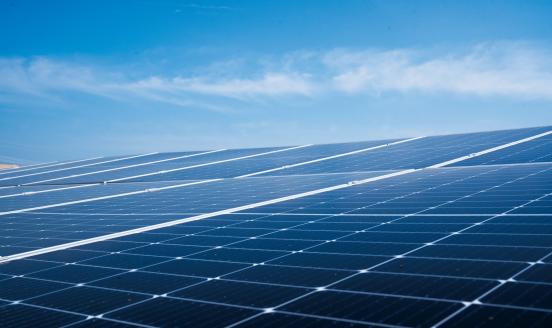
Going local: empowering cities to lead EU decarbonisation
Decarbonisation and digitalisation are reshaping the European energy system, which will become more decentralised and interconnected with other sector
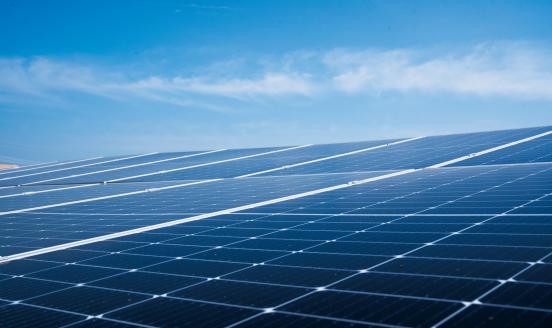
How to put cities at the heart of EU clean energy plans
As the European Commission releases its new energy package, “Clean Energy for all Europeans”, our authors argue that cities are the key to success. Th
Più energia alla cooperazione
L'attuale crisi migratoria e gli altri devastanti postumi delle cosiddette “Primavere arabe” illustrano in modo tragico, ma chiaro, la necessità di un
President Trump: what next for global climate action?
The new Trump presidency might now signal a U-turn in the United States’ international climate policies.
Decarbonisation: a future fiscal headache for Europe?
Energy taxes contribute significantly to public budgets in the EU, but with the aim to reduce greenhouse emissions, the EU will have to fully decarbon
Can North Africa's energy challenges become opportunities?
Cooperation in the energy sector could increase economic prosperity and political stability in North Africa and also generate economic opportunities f
Could Europe come up short in the race to the Marrakesh climate conference?
One year after the Paris climate conference, Europe struggles to advance its own ratification process of the agreement. However, a fast-track EU ratif
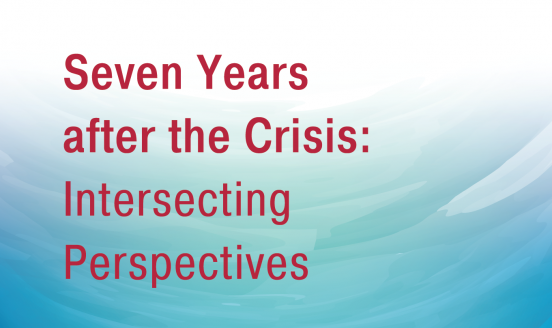
Seven years after the crisis: intersecting perspectives
This joint publication brings together the papers produced as part of the first collaboration between Bruegel and the OCP Policy Center. Within the th
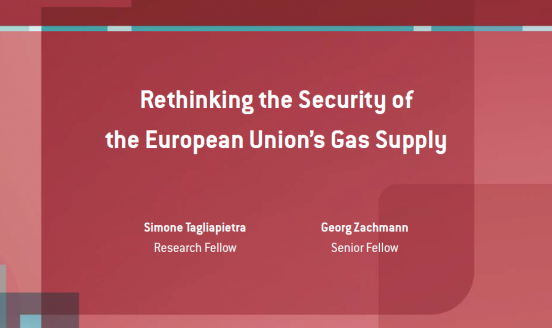
Rethinking the security of the European Union's gas supply
Presentation at the EPP hearing on the “Winter Energy Package” on 29 June 2016.
New perspectives for economic cooperation with Iran
The lifting of international sanctions will have a big impact on the economic relationship between Iran and the rest of the world.
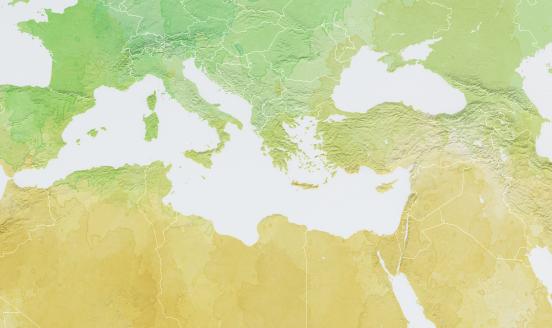
Euro-Mediterranean energy talks
The energy landscape of the Southern and Eastern Mediterranean is inefficient and unsustainable. Yet there is much potential for cooperation. How coul
EU must step up energy cooperation with southern Mediterranean countries
Furthering energy cooperation between the EU and countries in the Southern Mediterranean is a challenge, but also a great opportunity. Supporting su
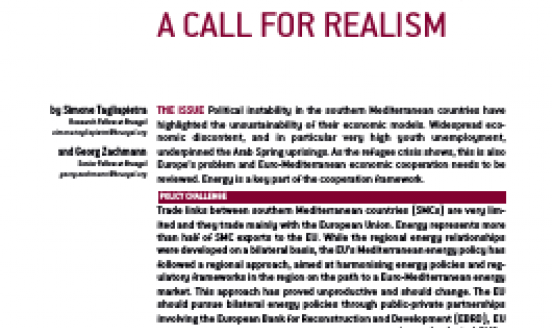
Energy across the Mediterranean: a call for realism
After almost two decades of unproductive regional cooperation attempts, the EU should reshape its energy cooperation efforts in the Mediterranean thro
Seven Years after the Crisis: Intersecting Perspectives
First edition of the annual "Platform for Advanced & Emerging Economies Policy Dialogue"
Iran faces a bumpy road back to global energy markets
Iran’s energy sector is vital for the country’s economy. Now that sanctions have been lifted, the government must reform the oil sector to encourage i
A new way to approach Europe’s gas security, beyond the usual Russian obsession
Instead of doing everything to reduce gas supplies from key suppliers, gas supply security could more effectively be safeguarded by ensuring that unus
Rethinking security of gas supply in the EU
How can Europe ensure a secure supply of natural gas, so vital for its citizens' wellbeing and prosperity? As they launch a new paper on the topic, ou
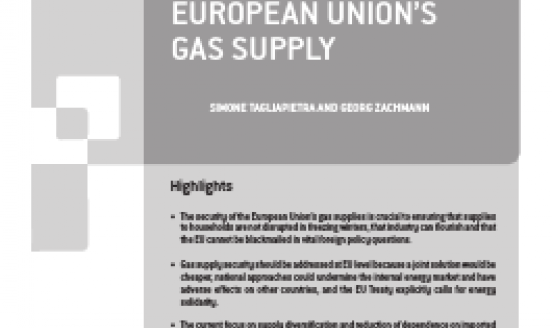
Rethinking the security of the European Union’s gas supply
Simone Tagliapietra and Georg Zachmann argue that instead of doing everything to reduce gas supplies from key suppliers like Russia, gas supply securi
An overview of Bruegel scholars’ contributions on Energy Union
Bruegel scholars have contributed numerous ideas to the Energy Union concept – and to all five dimensions of the policy package. Georg Zachmann and Si
Egypt: The catalyst for a new Eastern Mediterranean gas hub?
The recent discovery of the large Zohr gas field in offshore Egypt - the largest ever made in the Mediterranean Sea - might completely change the reg
What to expect from COP21?
As the COP21 conference approaches, what are the political and economic considerations?
COP21: Climate action needs a new global architecture
A strong political momentum on climate action has arisen worldwide on the way to Paris. However private and public investors will only conduct the nec
Iran: a new natural gas supplier for Europe?
The Iranian nuclear deal reached in July can potentially reshape the Iranian economy in general and its energy sector in particular. On the basis of t
Gazprom: seeking a rapprochement with the EU?
On Monday 21 September Gazprom sent proposals to the European Commission to settle the claims of the antitrust case launched in April. If read in para
The EU 2030 Climate and Energy Framework: Keeping up the pressure on governance structures
The Transport, Telecommunications and Energy Council on 26 November should indicate a clear way forward.
Designing a new EU-Turkey strategic gas partnership
The 2014 Ukraine crisis reinforced the EU’s quest for security of gas supply. The European Commission released an Energy Union Communication in Febru
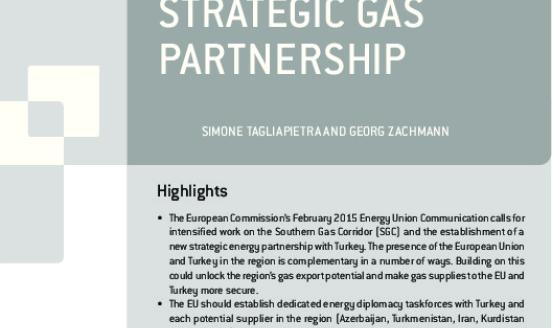
Designing a new EU-Turkey strategic gas partnership
This Policy Contribution discusses what the EU and Turkey can expect from the establishment of a new strategic energy partnership. The authors&nb
The Russian pipeline waltz
This is an eventful period for EU-Russia gas relations. Six months ago Russian President Vladimir Putin surprised the energy world by dismissing the l
Reinvigorating EU-Algeria energy cooperation
In this blogpost, Simone Tagliapietra and Georg Zachmann argue that, while natural gas currently represents the most important area of energy coo
The Gazprom case: good timing or bad timing?
What is the Gazprom antitrust case all about? And, considering the current EU gas market environment, has it arrived at a good time or bad time for G
Will natural gas cooperation with Russia save the Greek economy?
In the midst of profound turbulence in the negotiations between Greece and its international lenders, Prime Minister Alexis Tsipras flew to Mosco